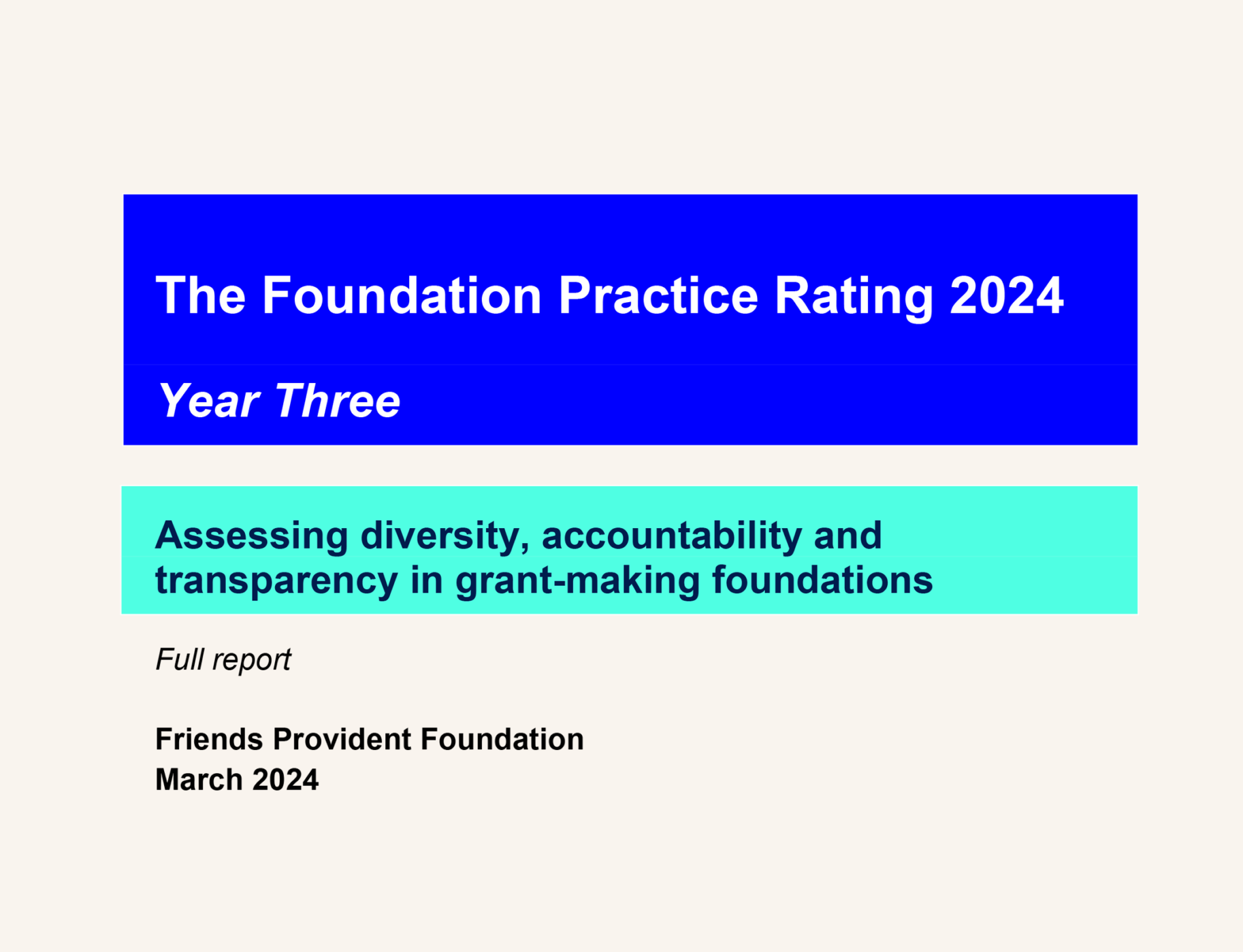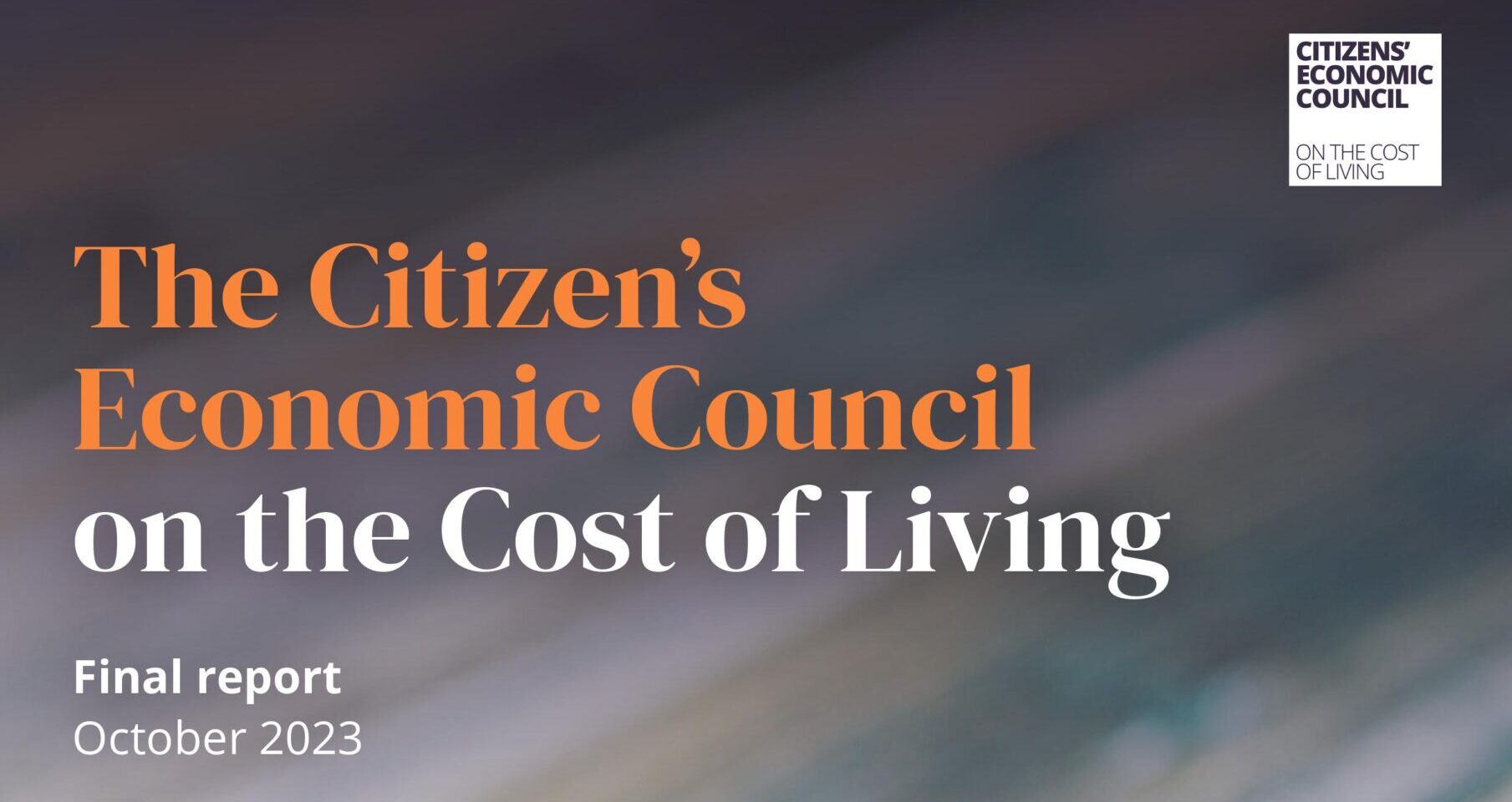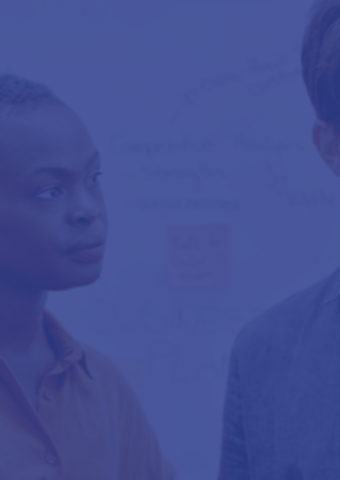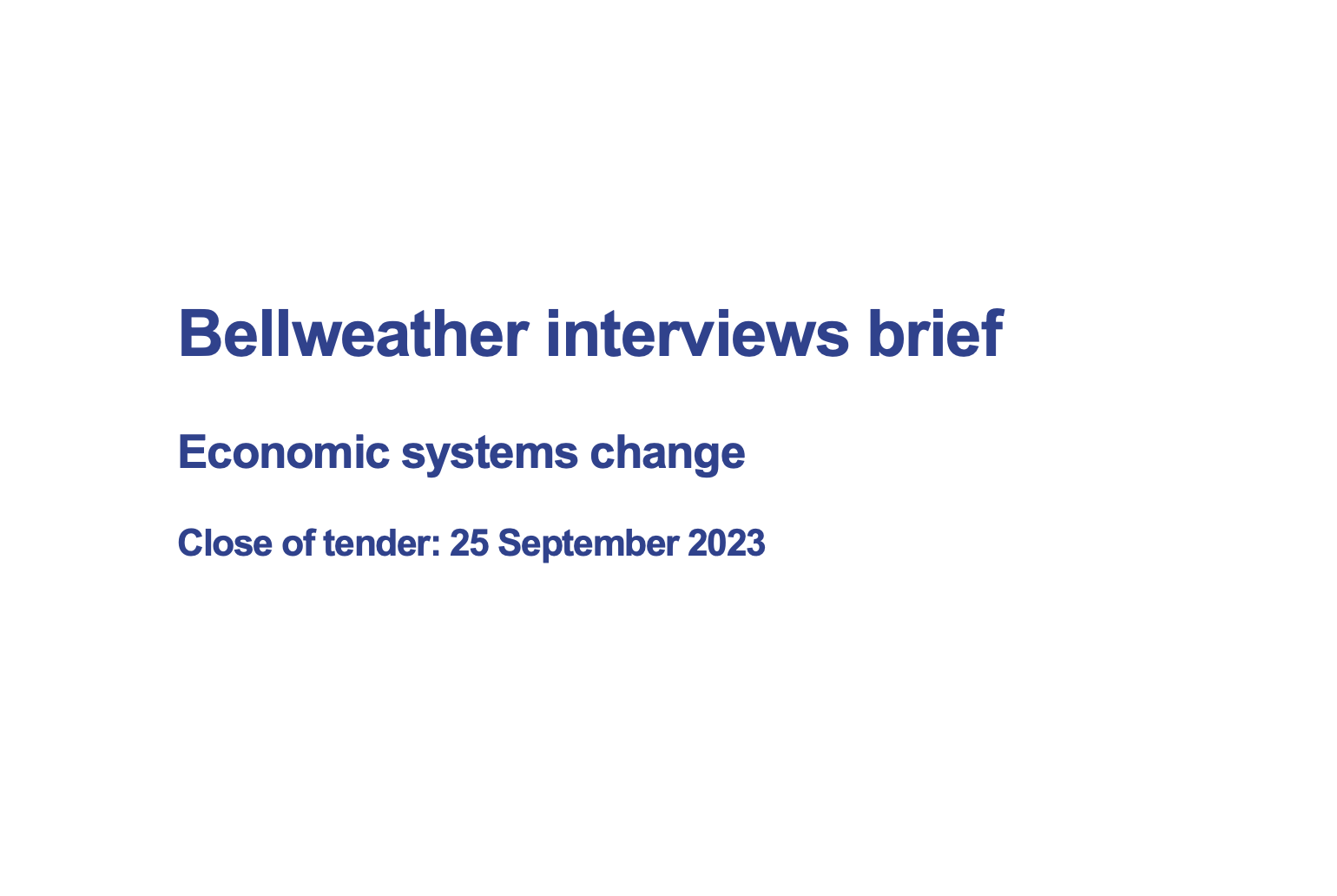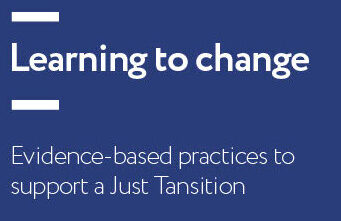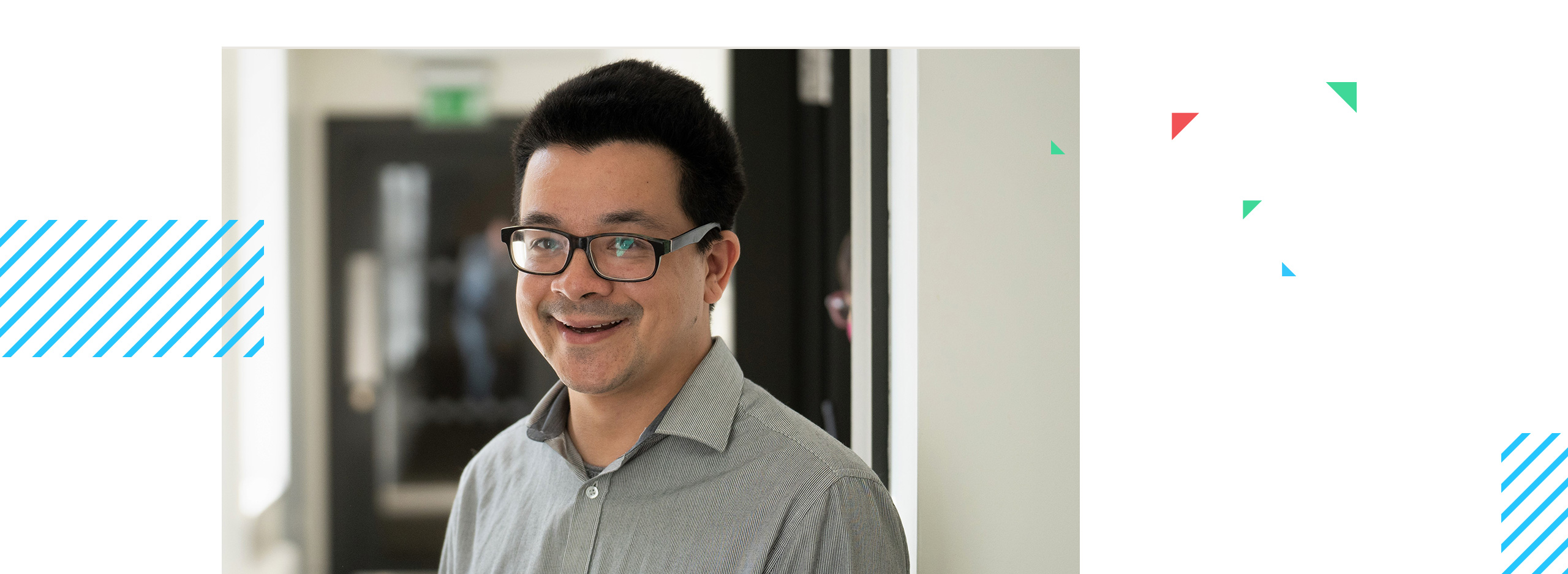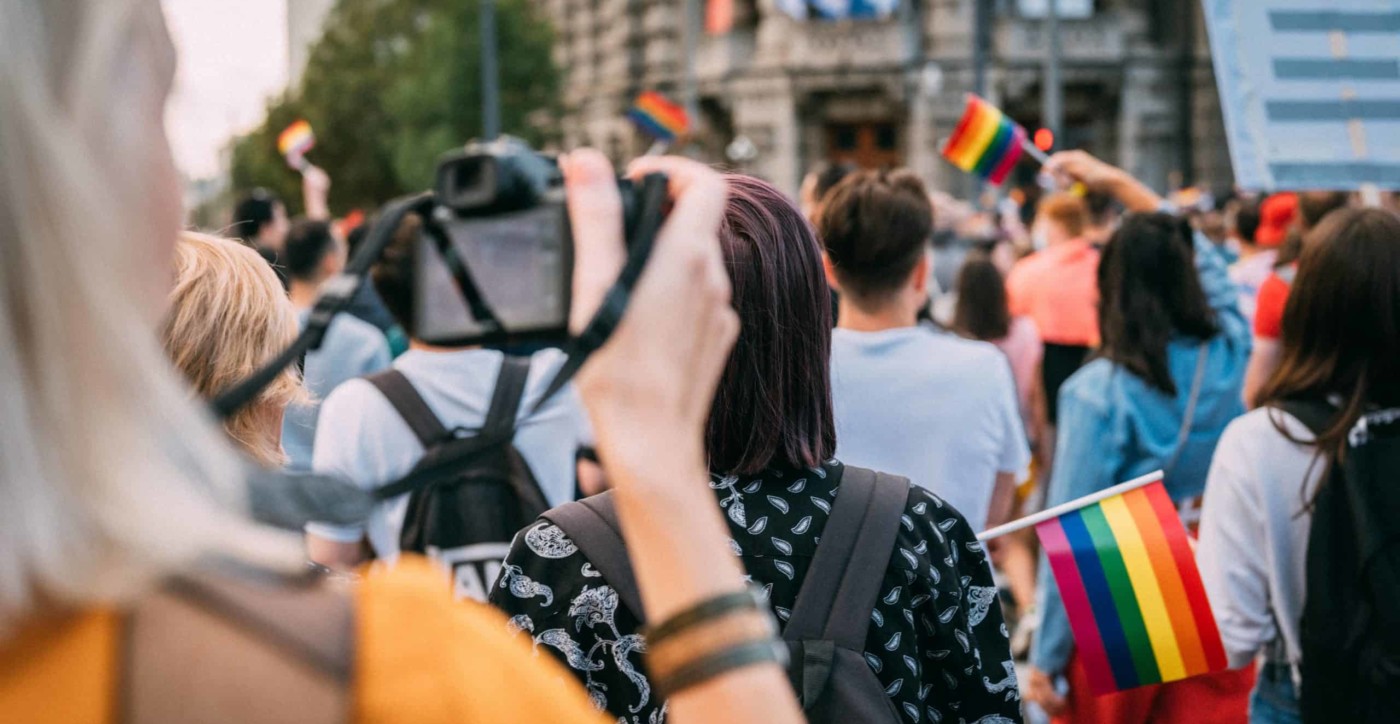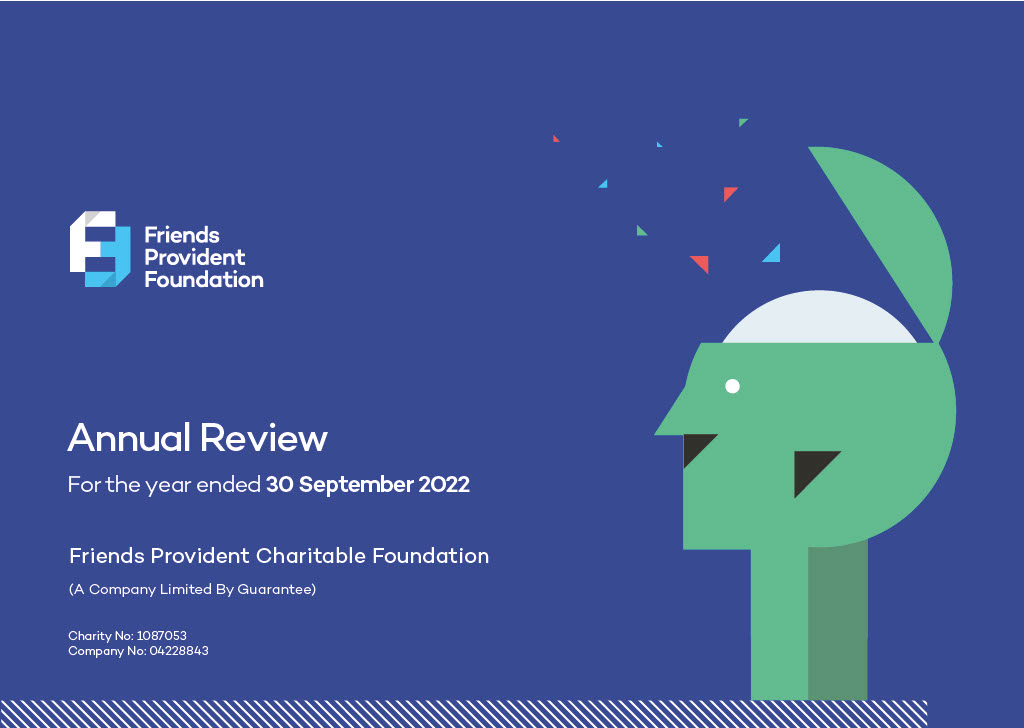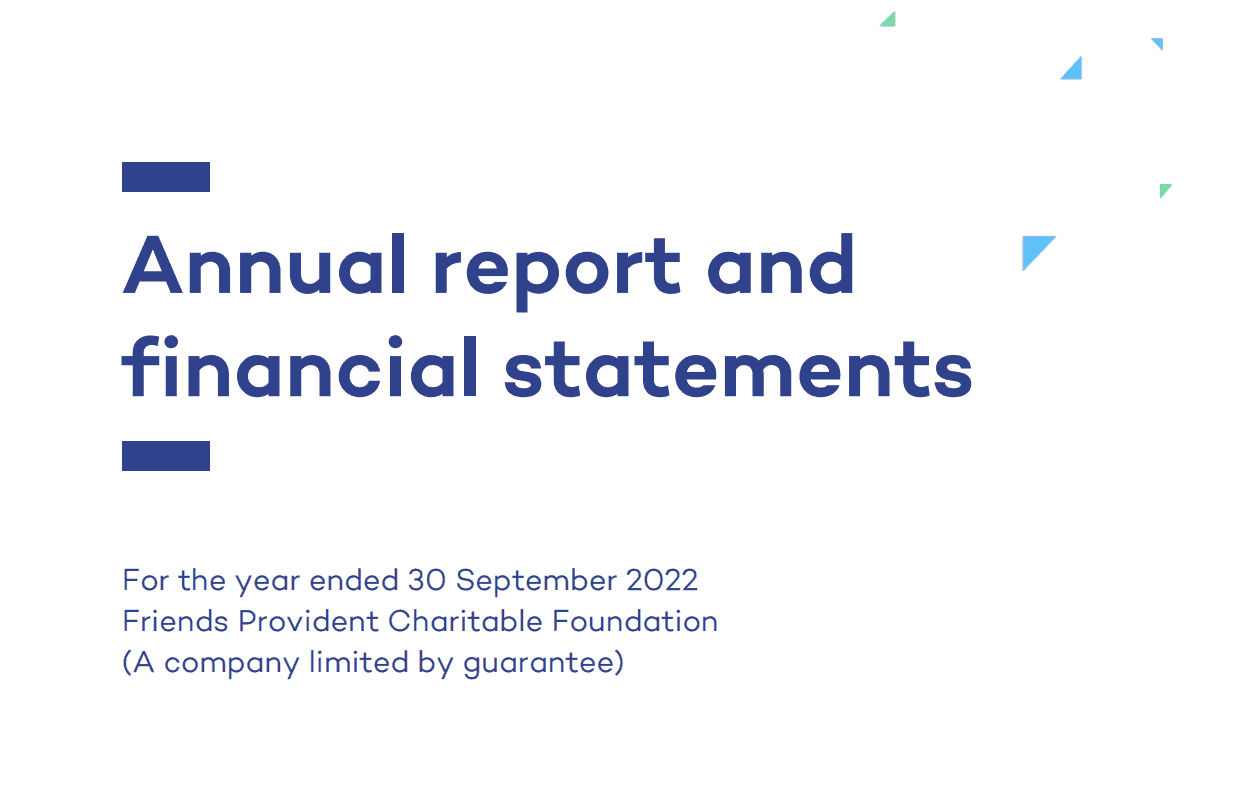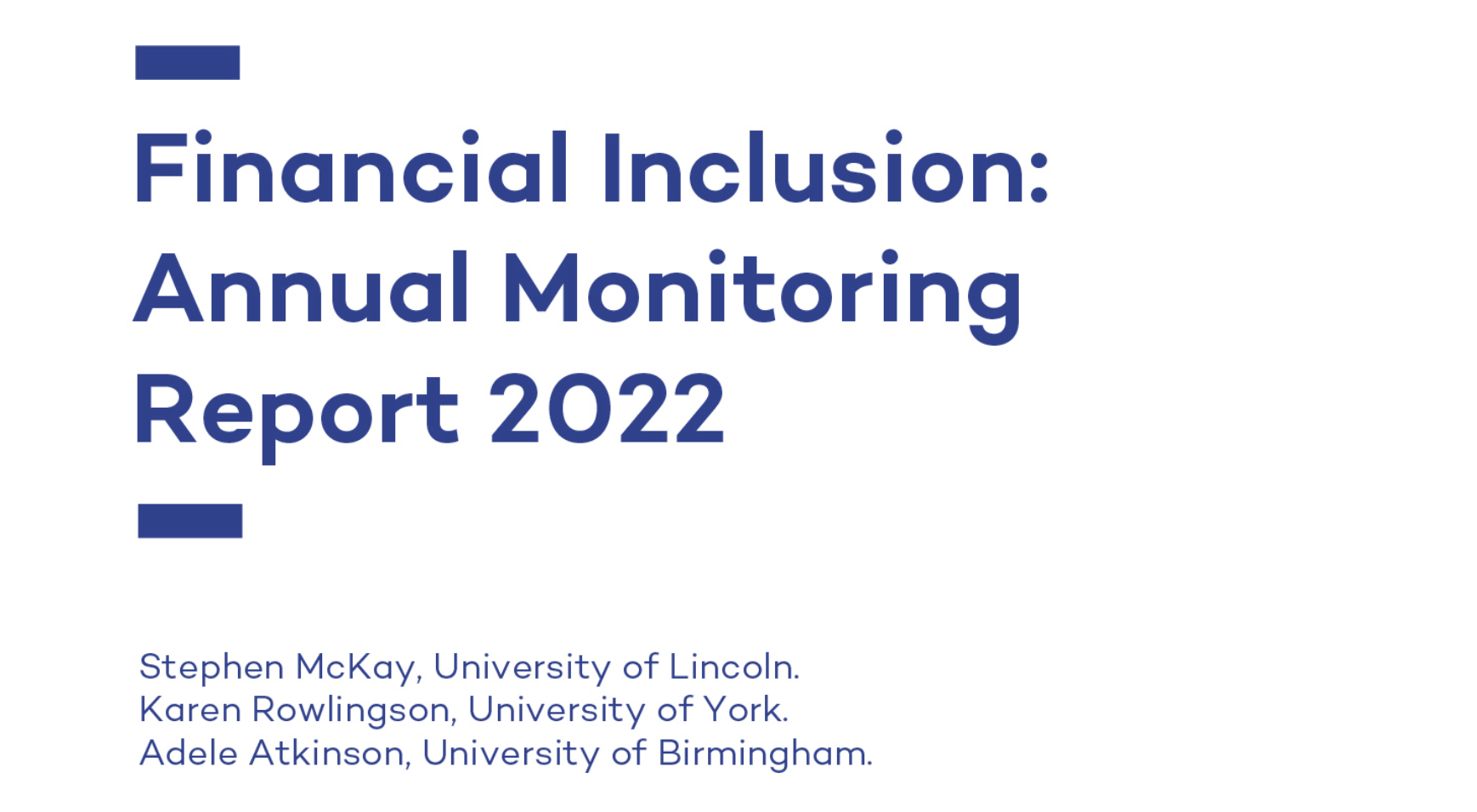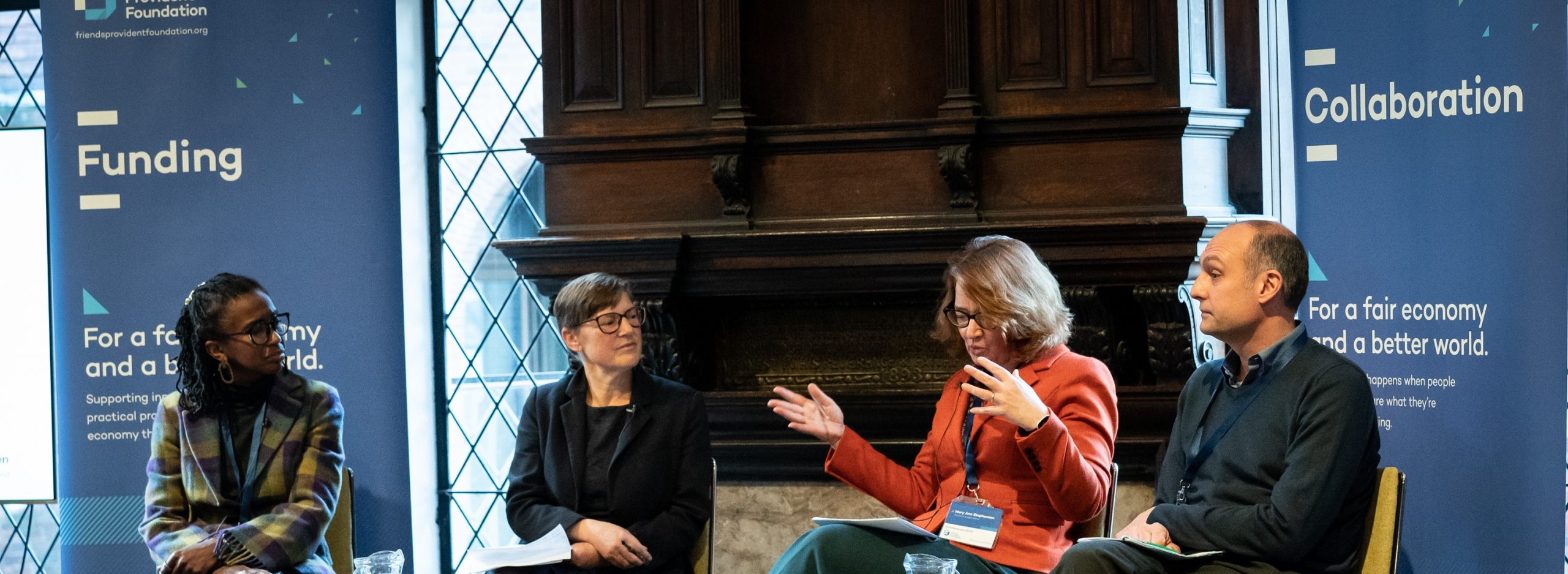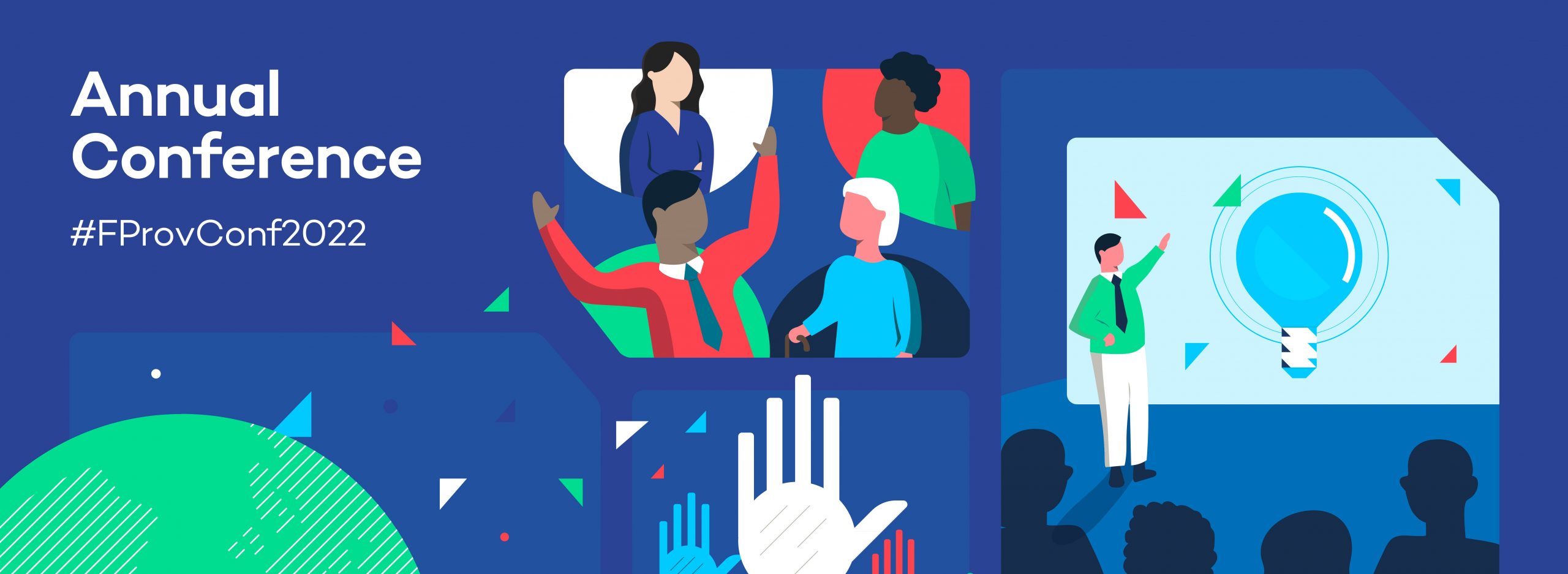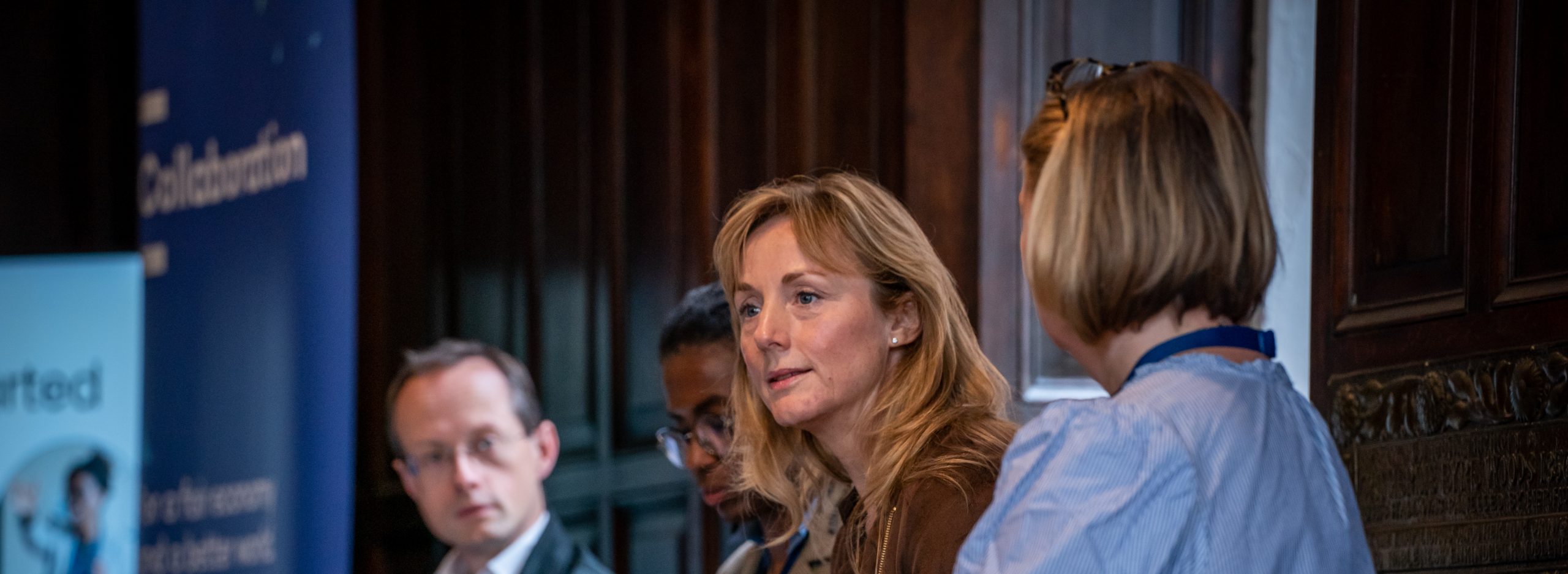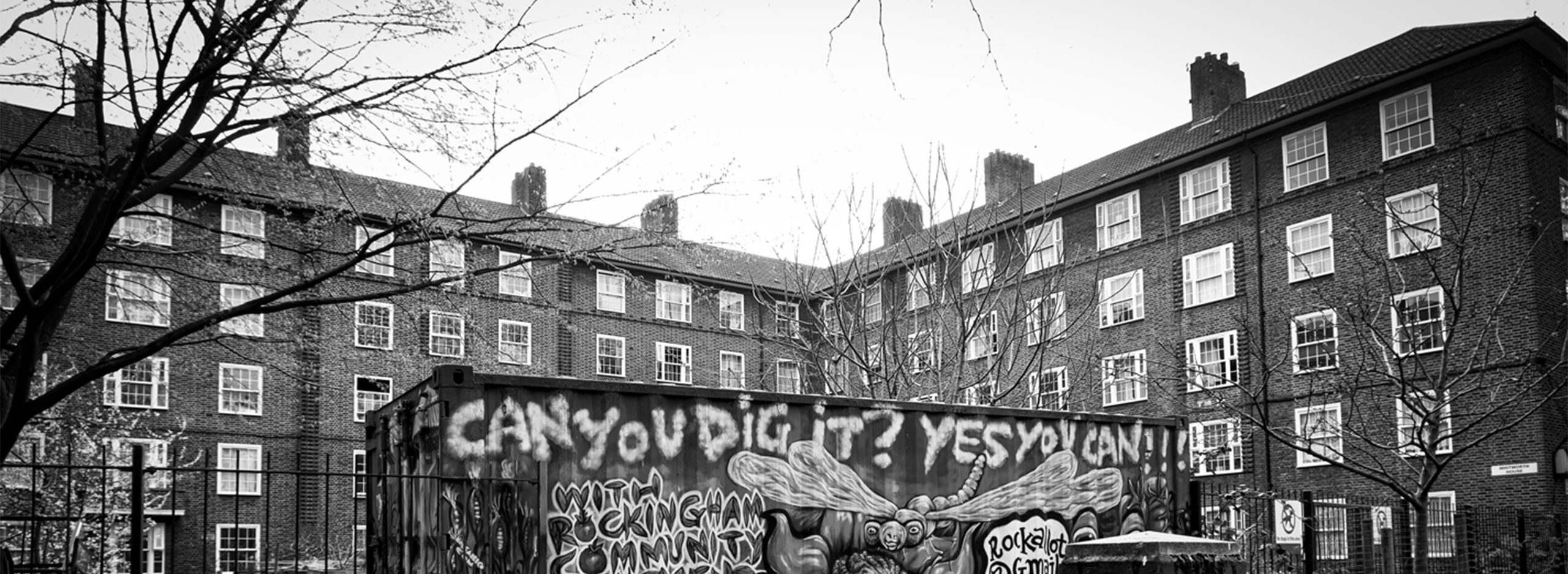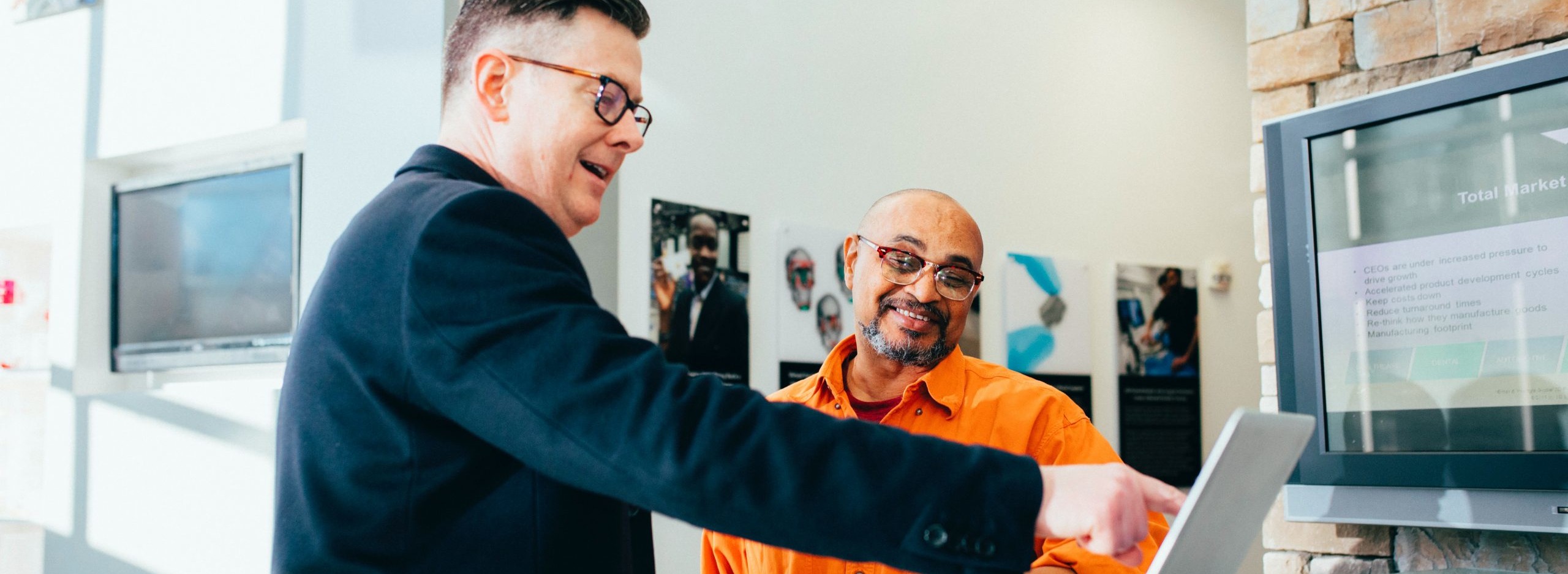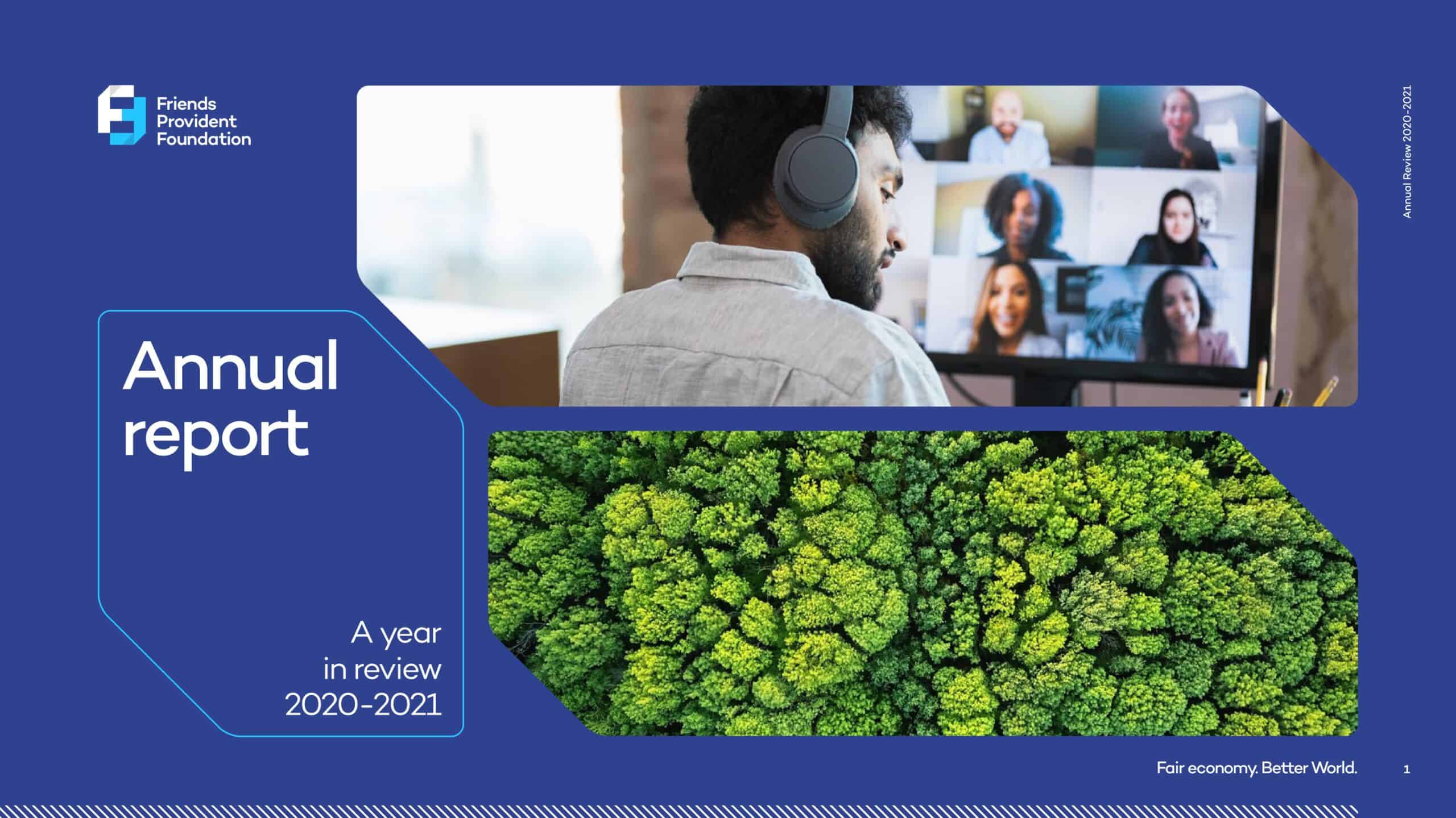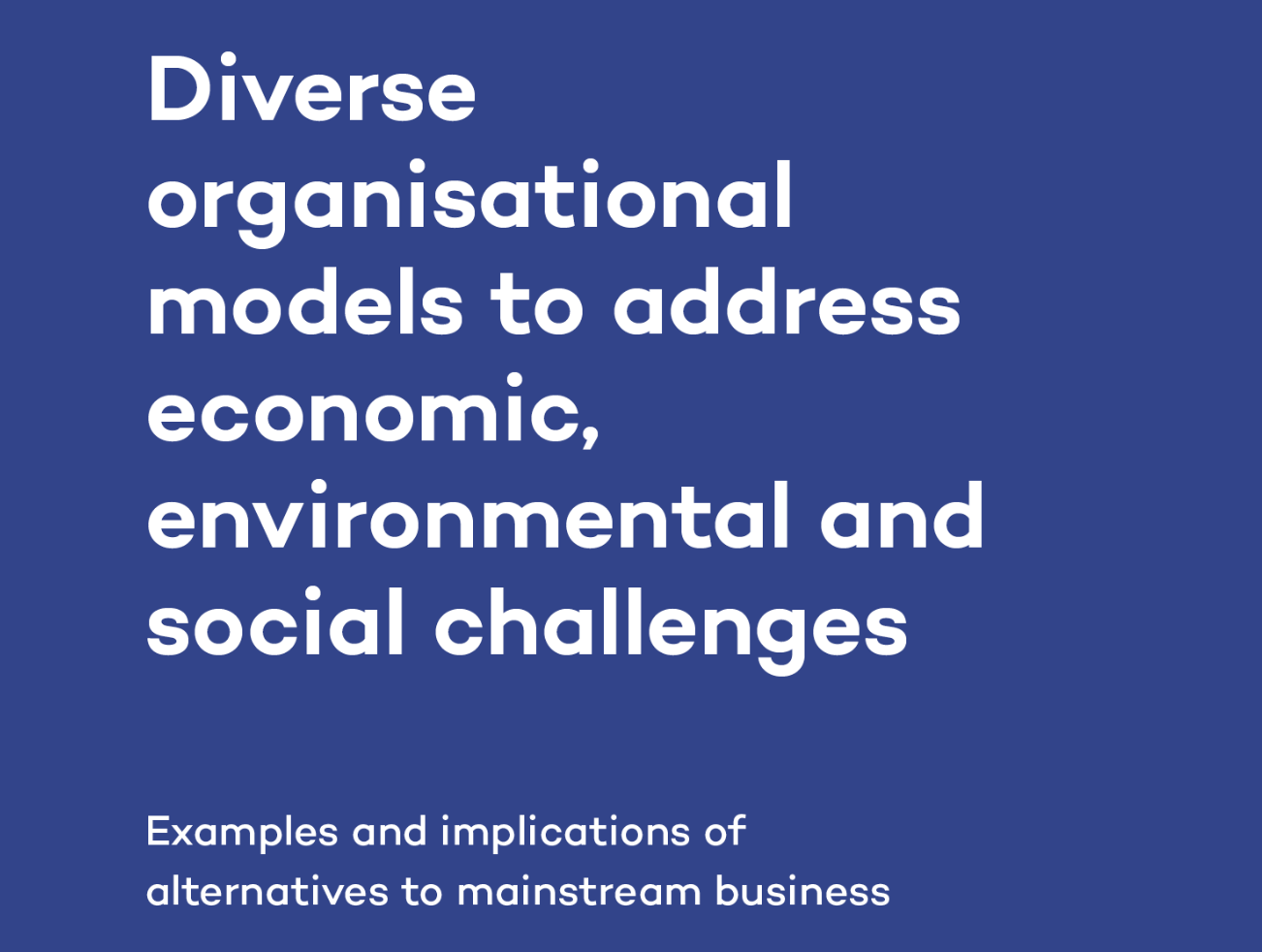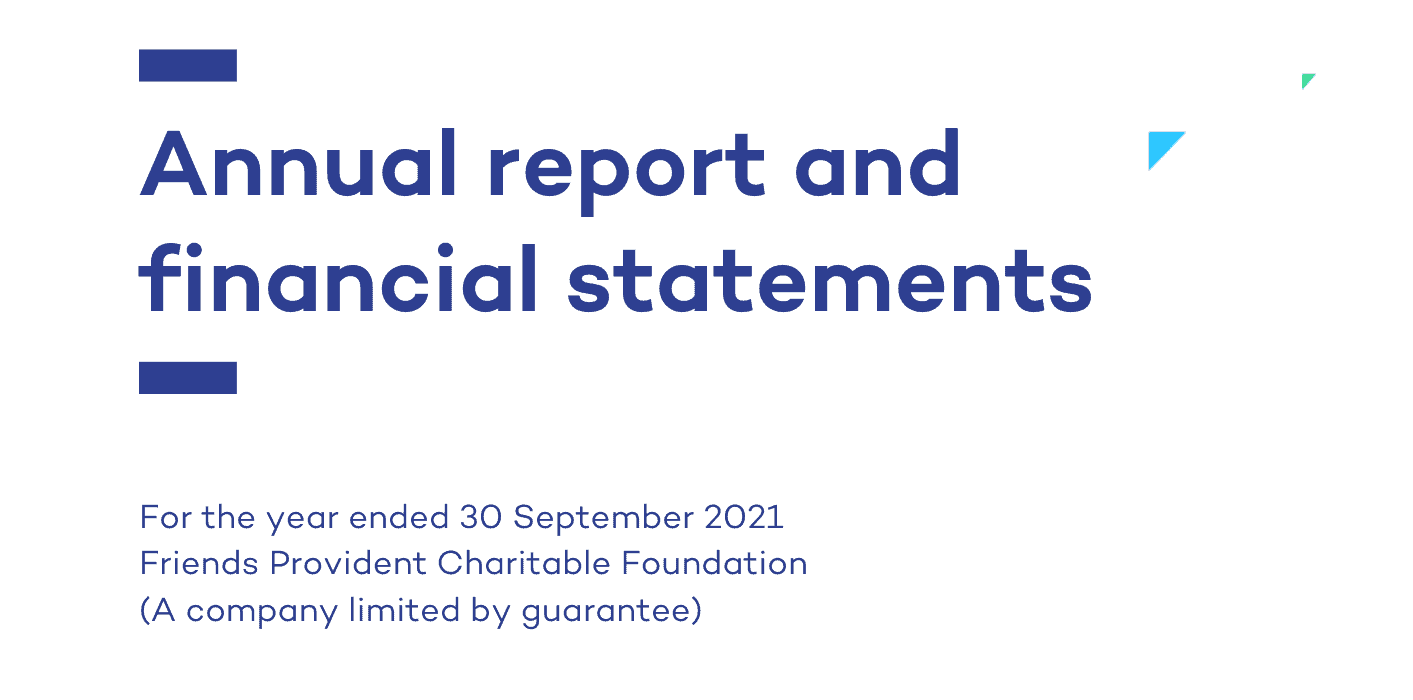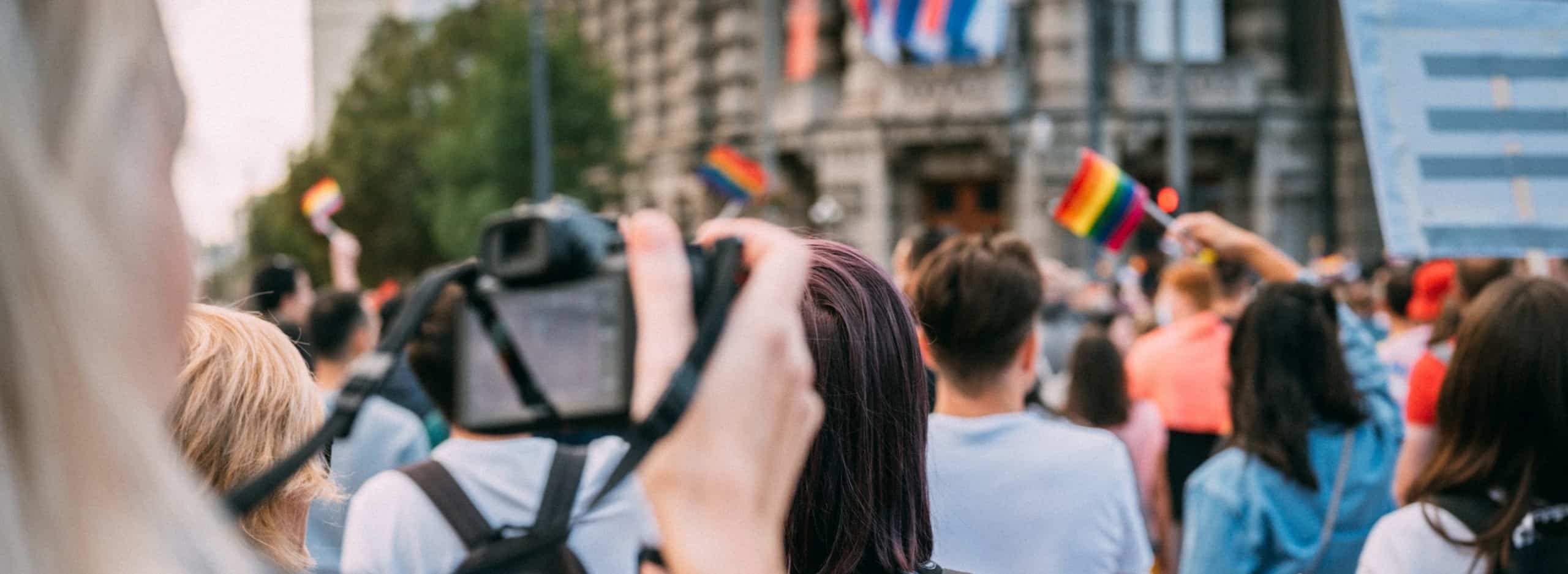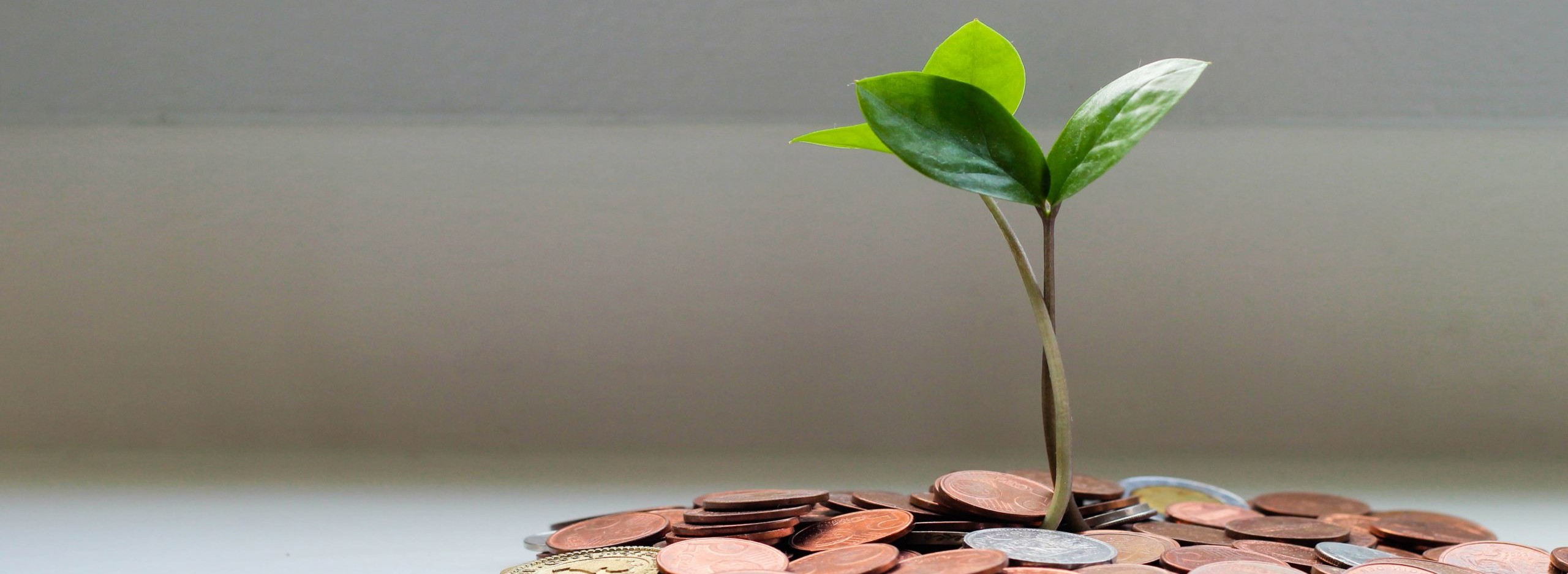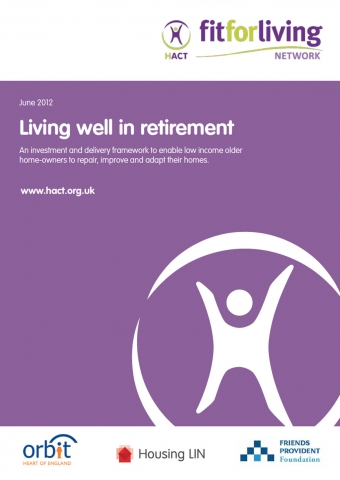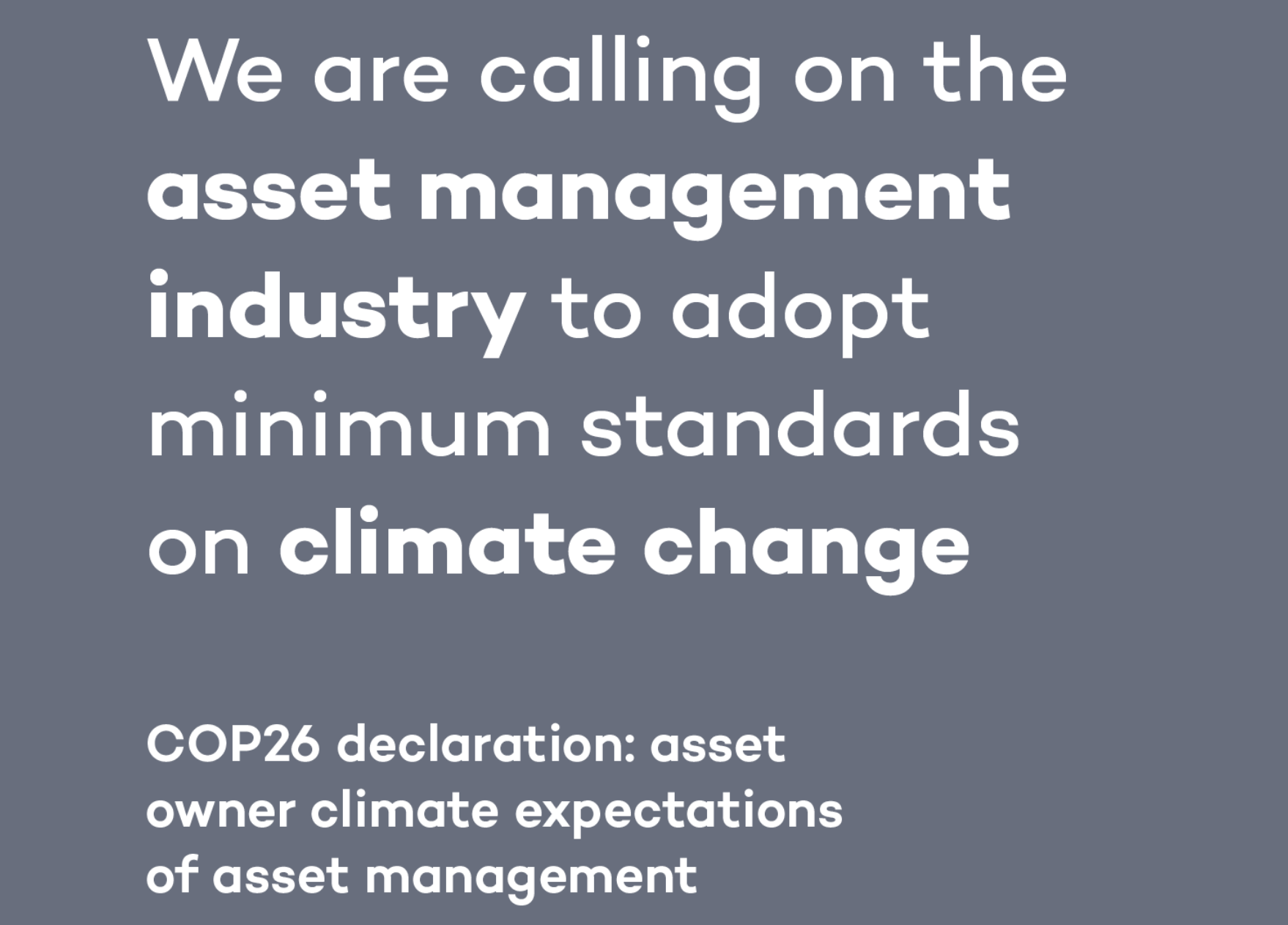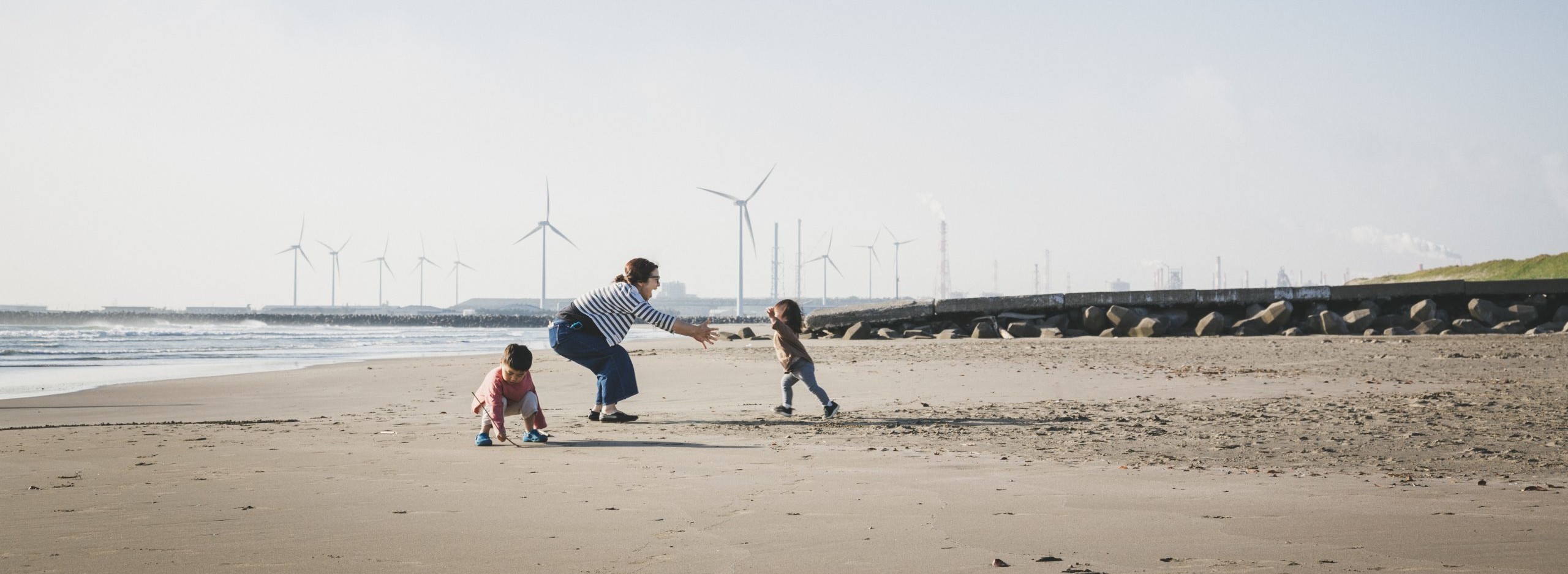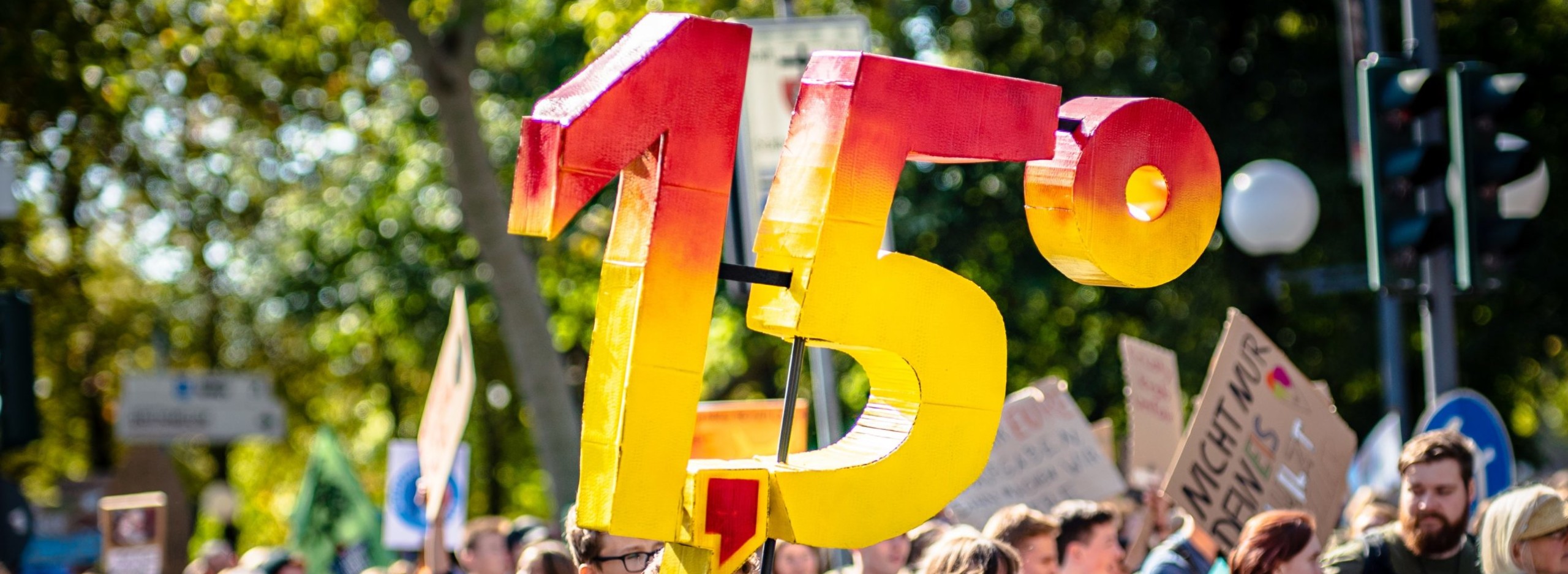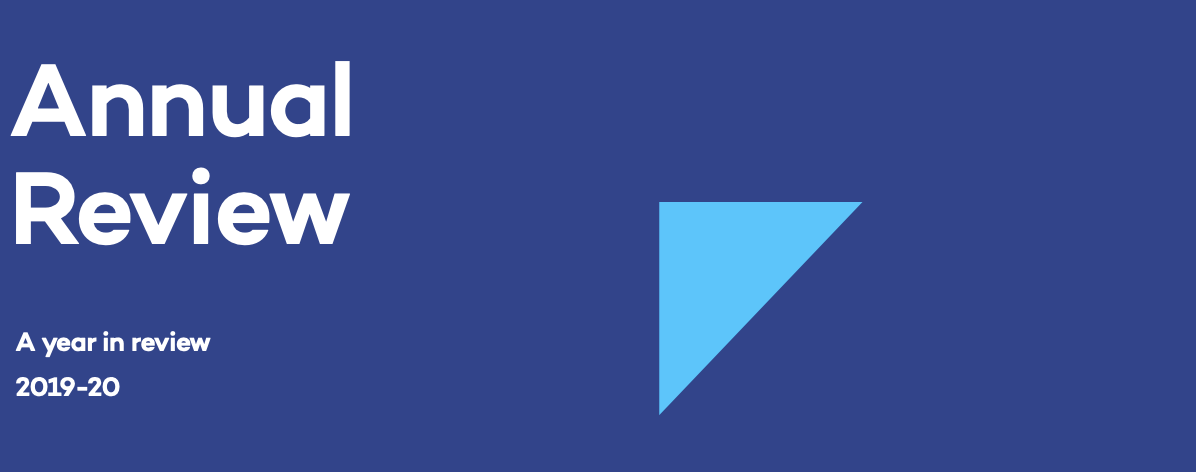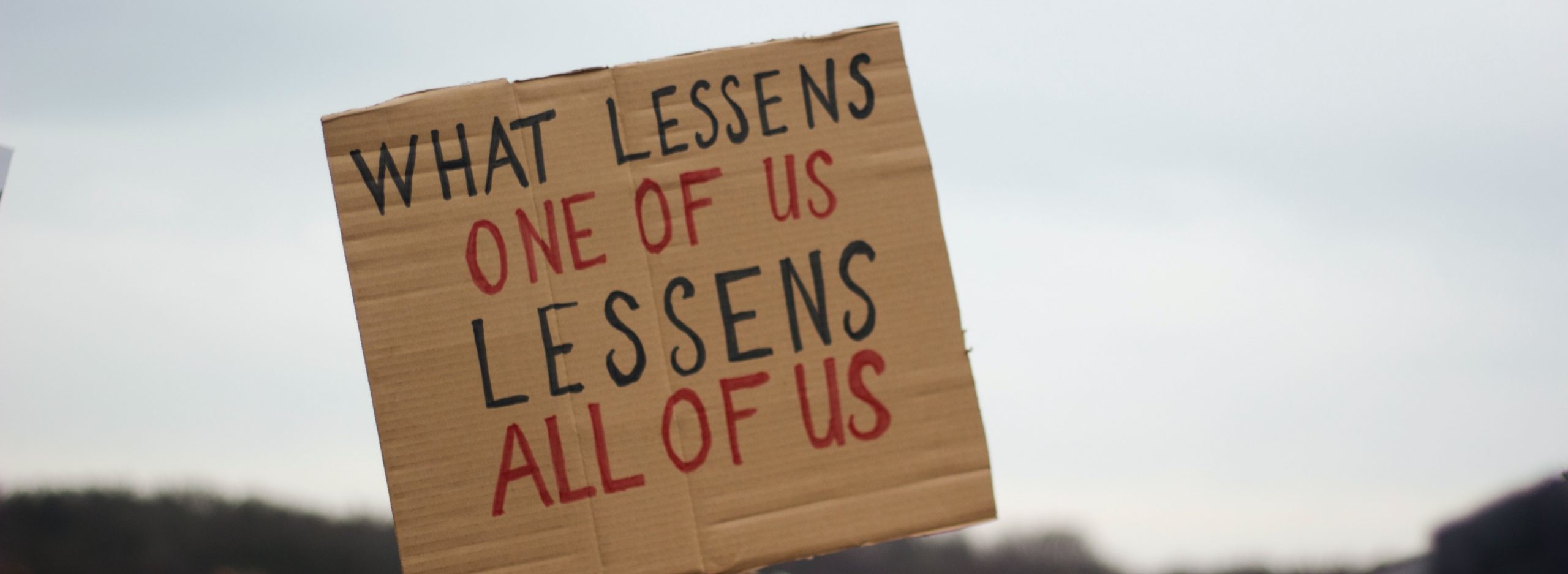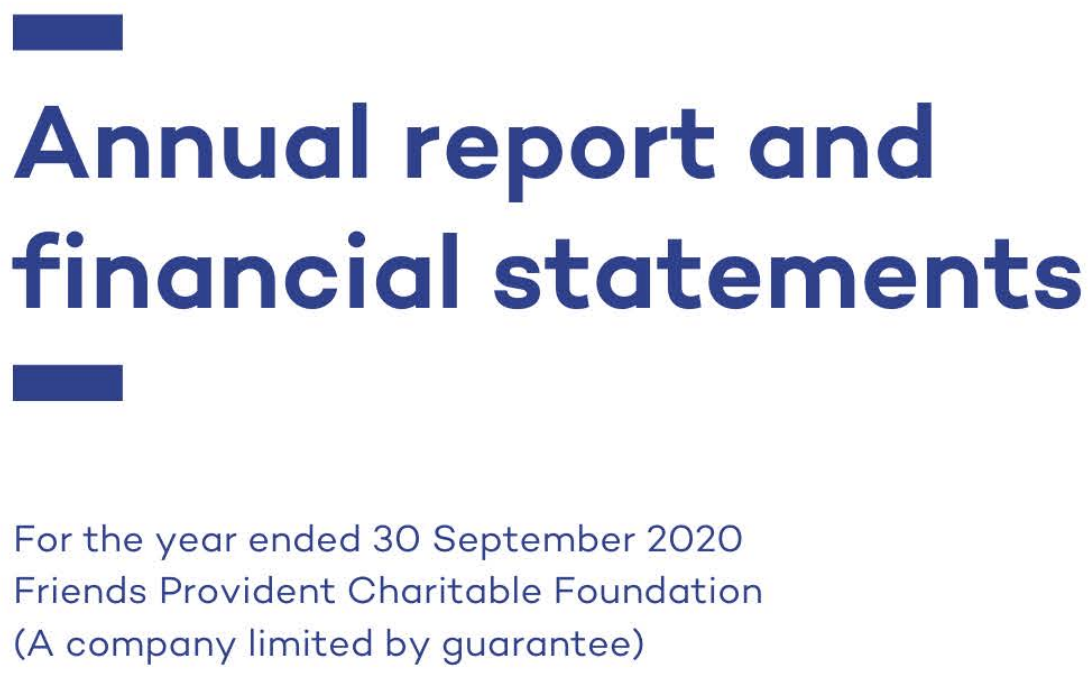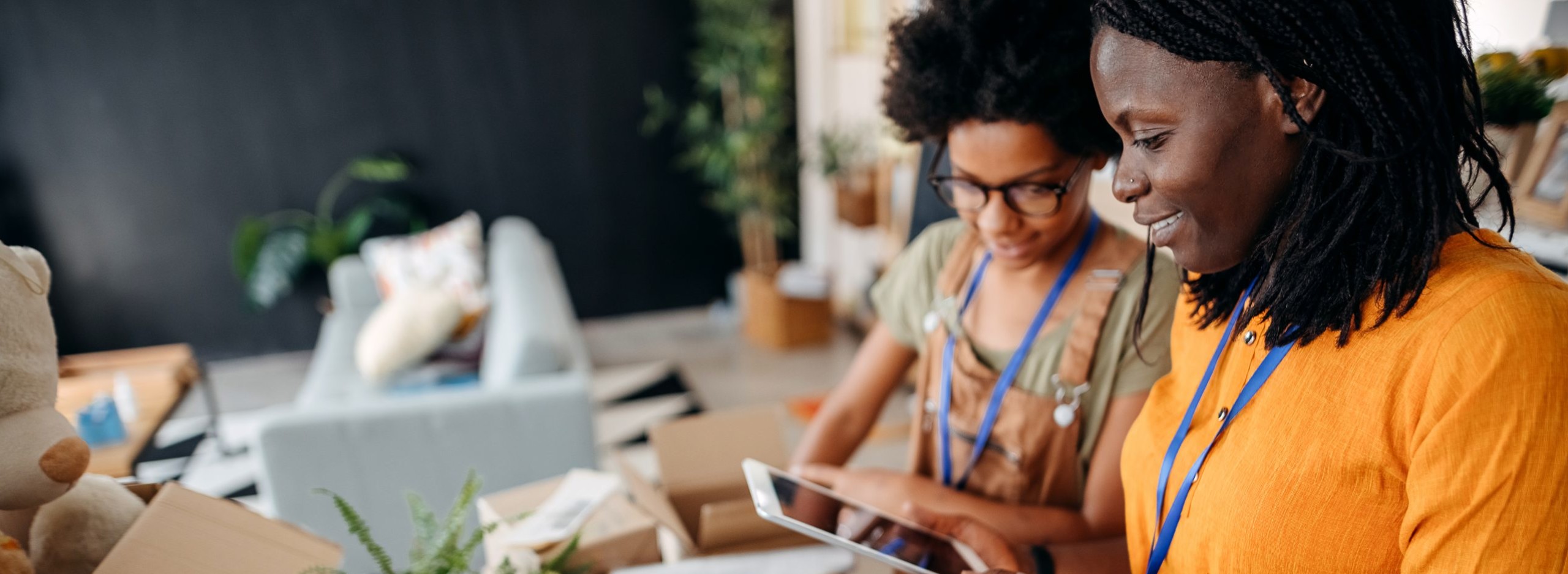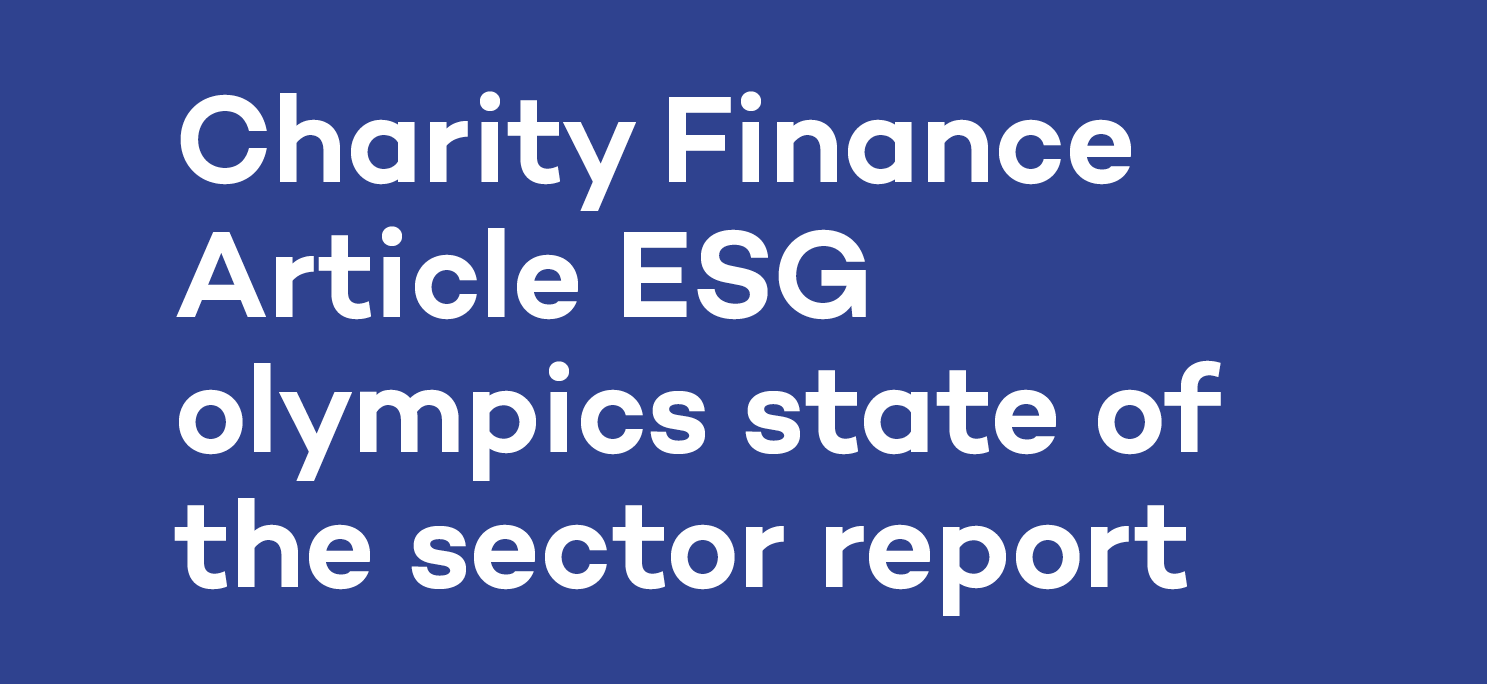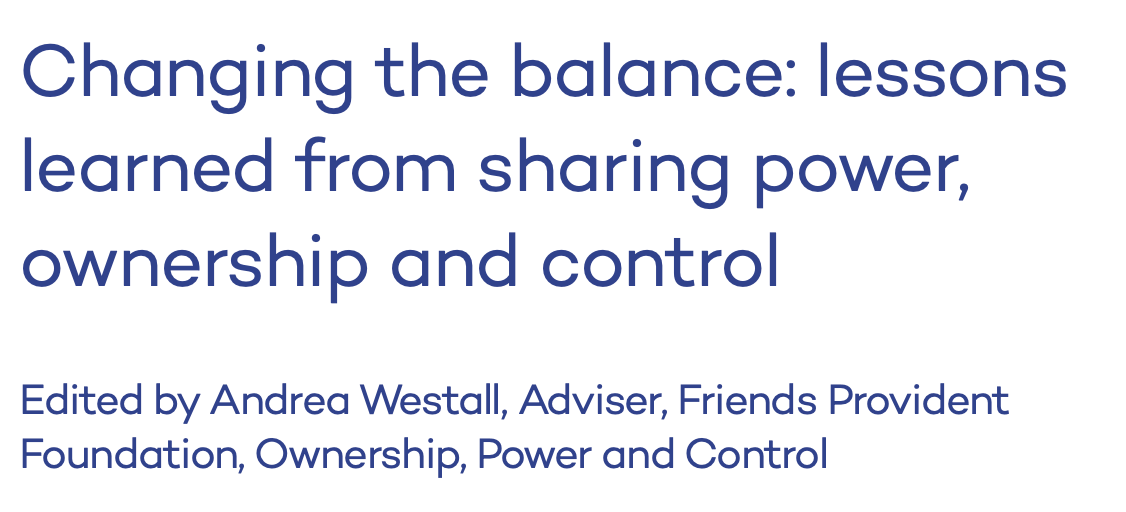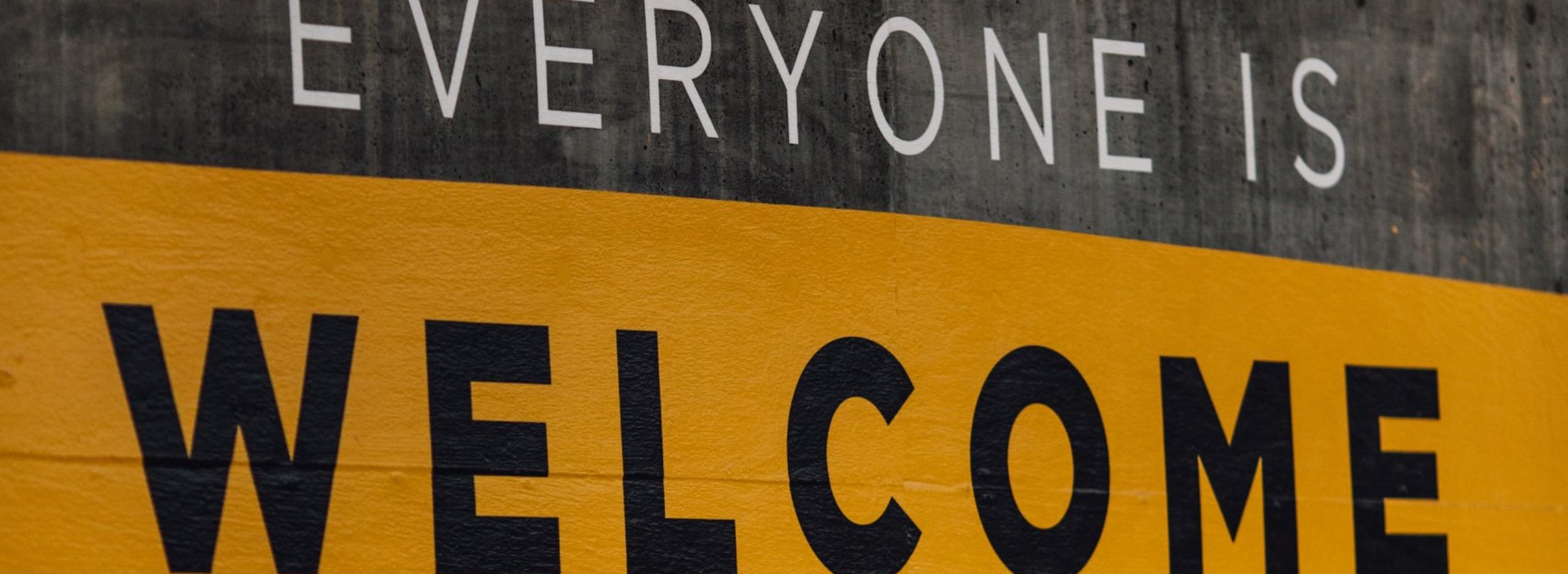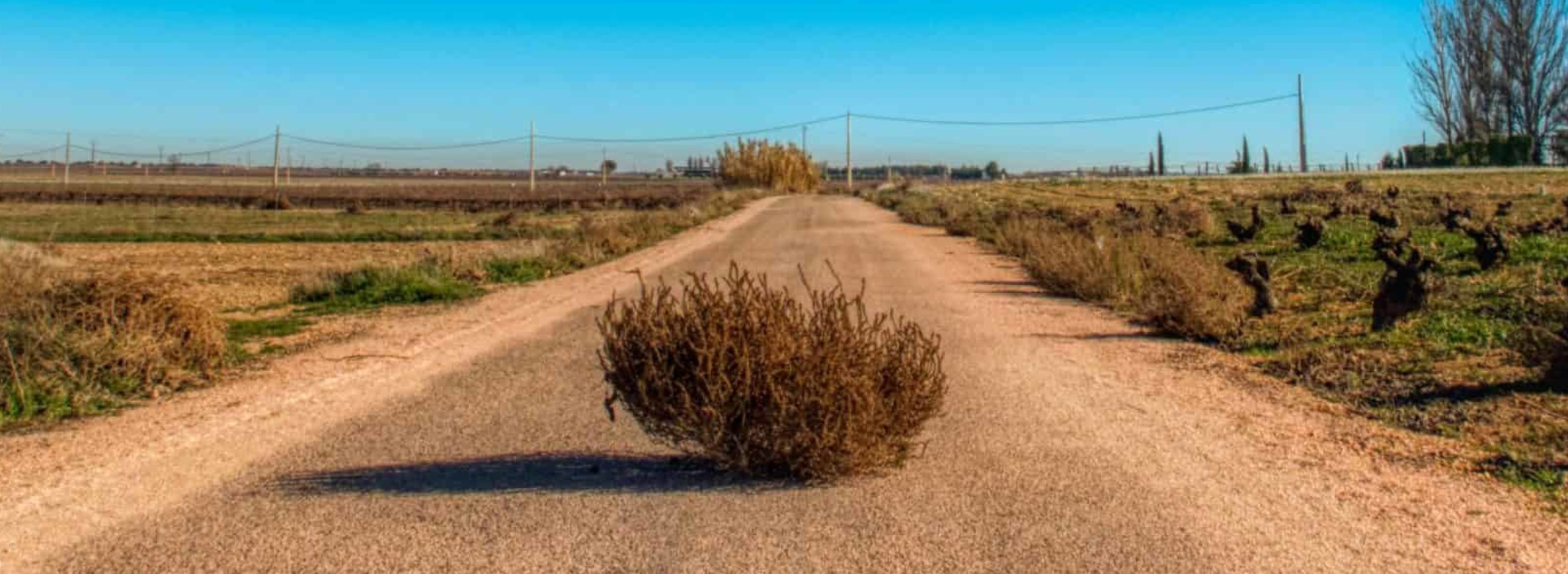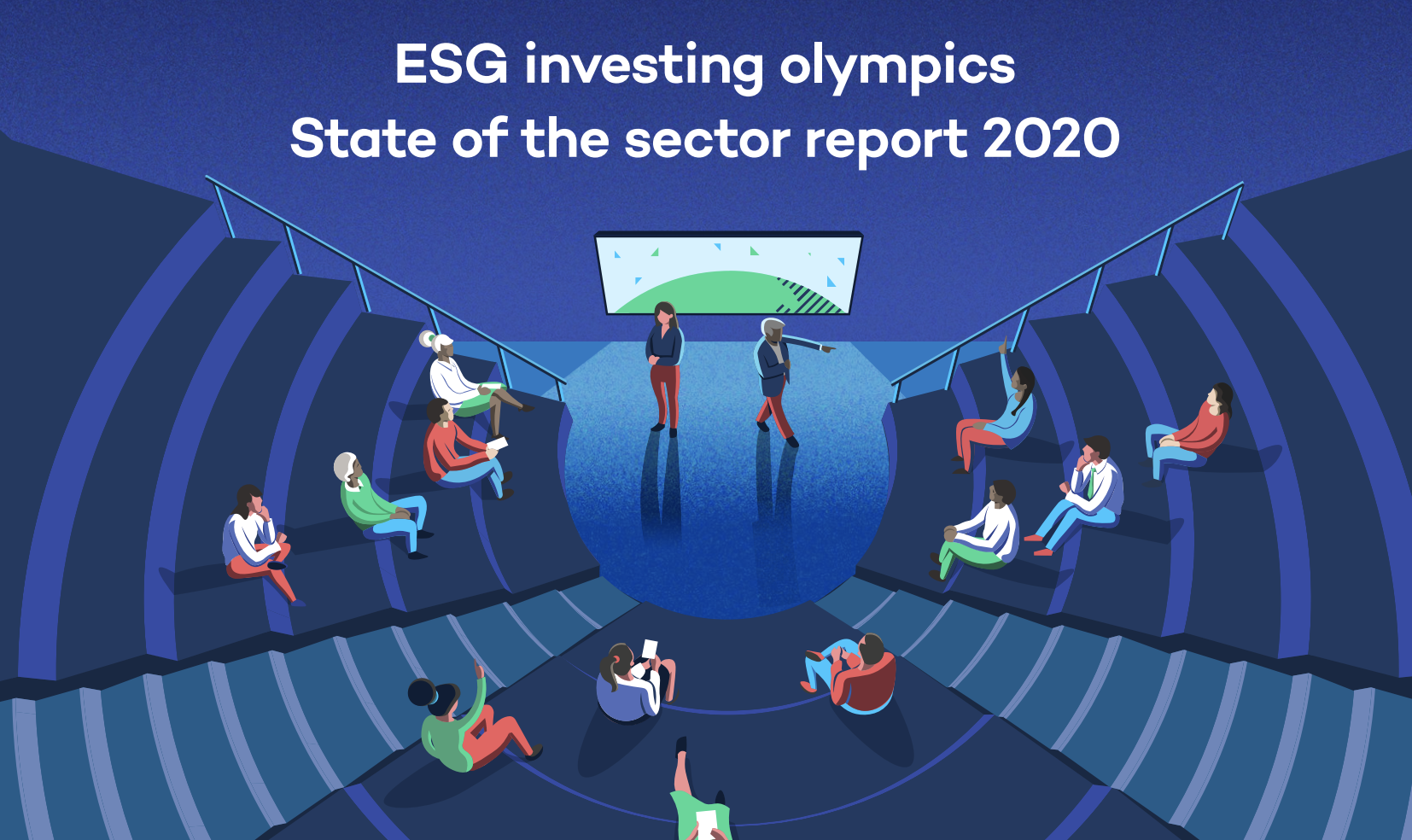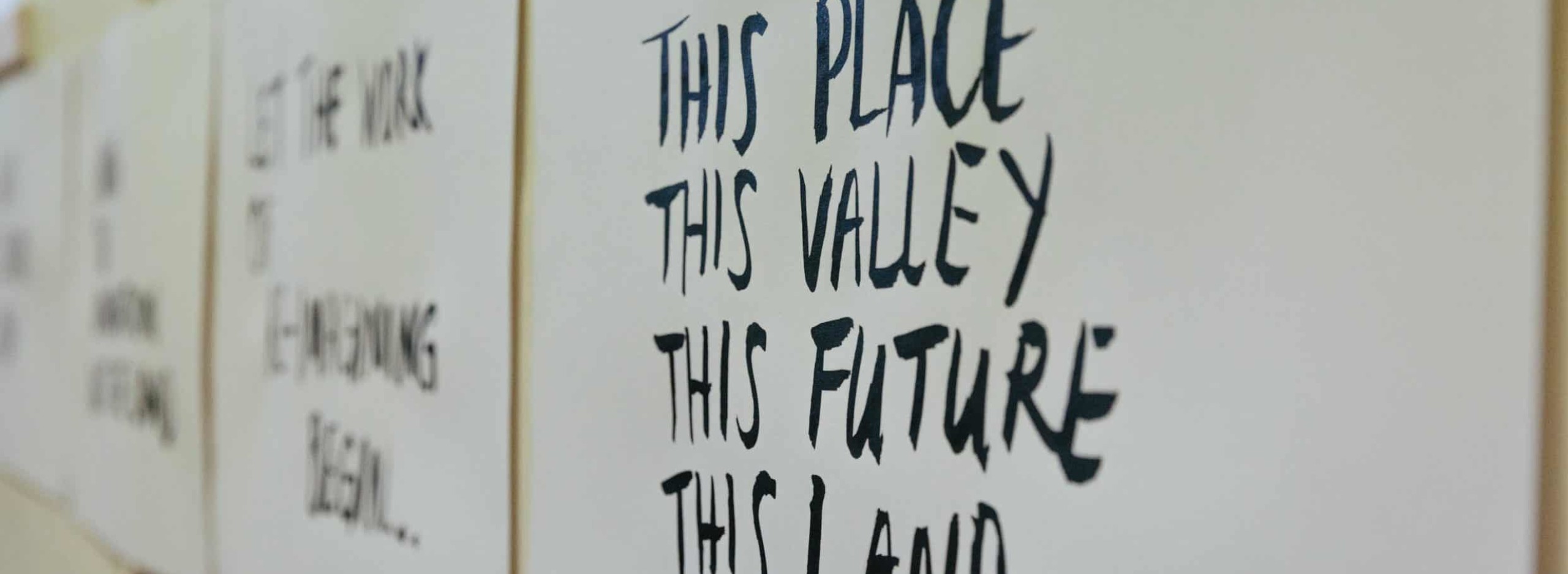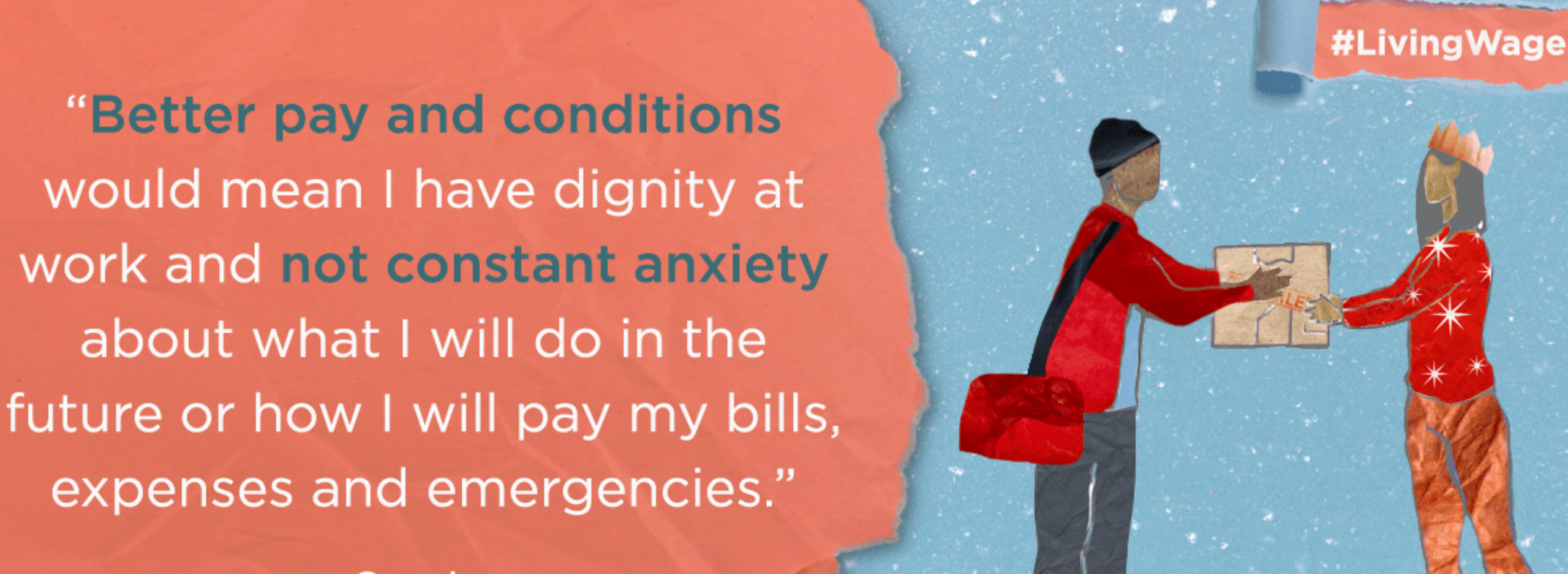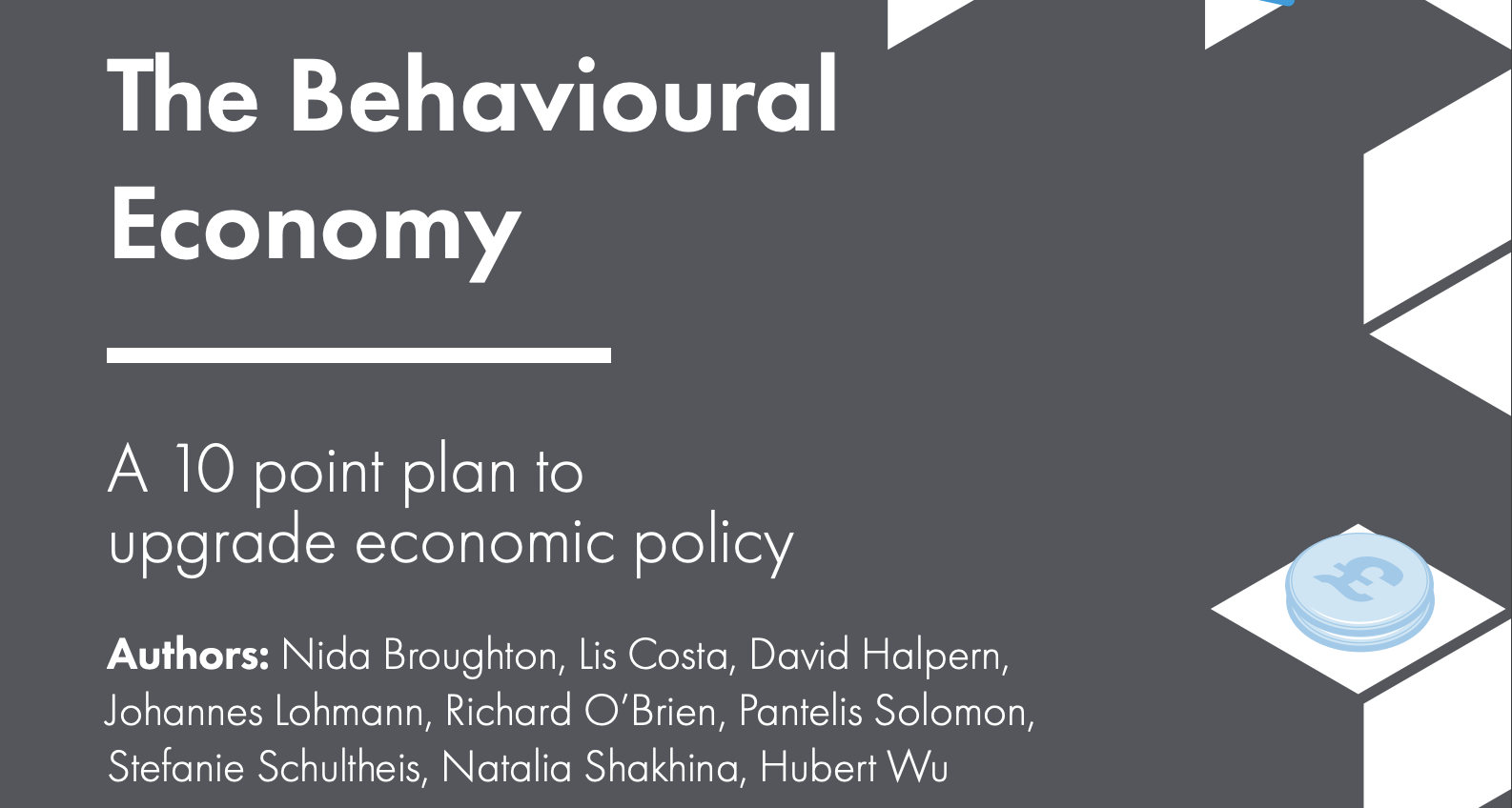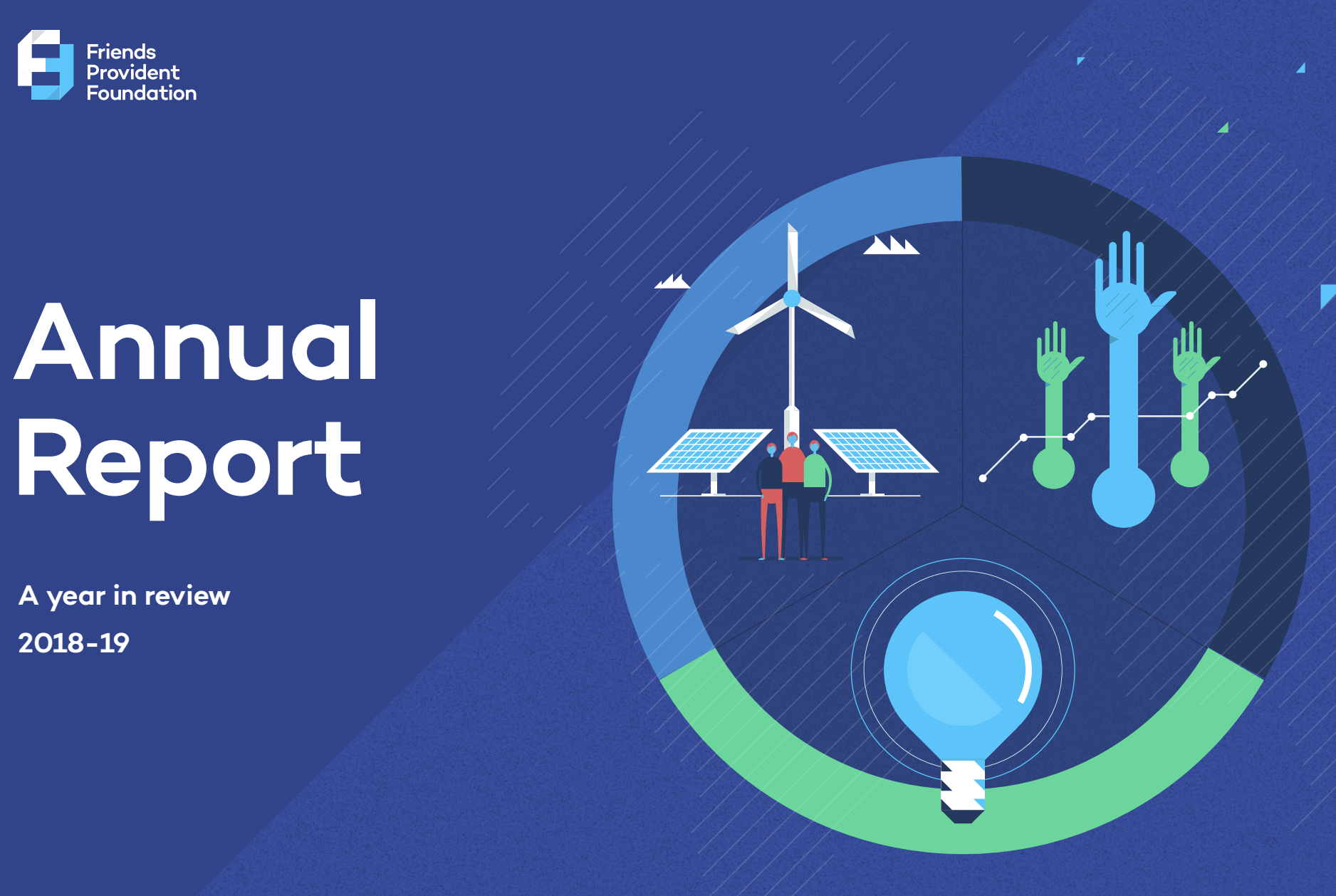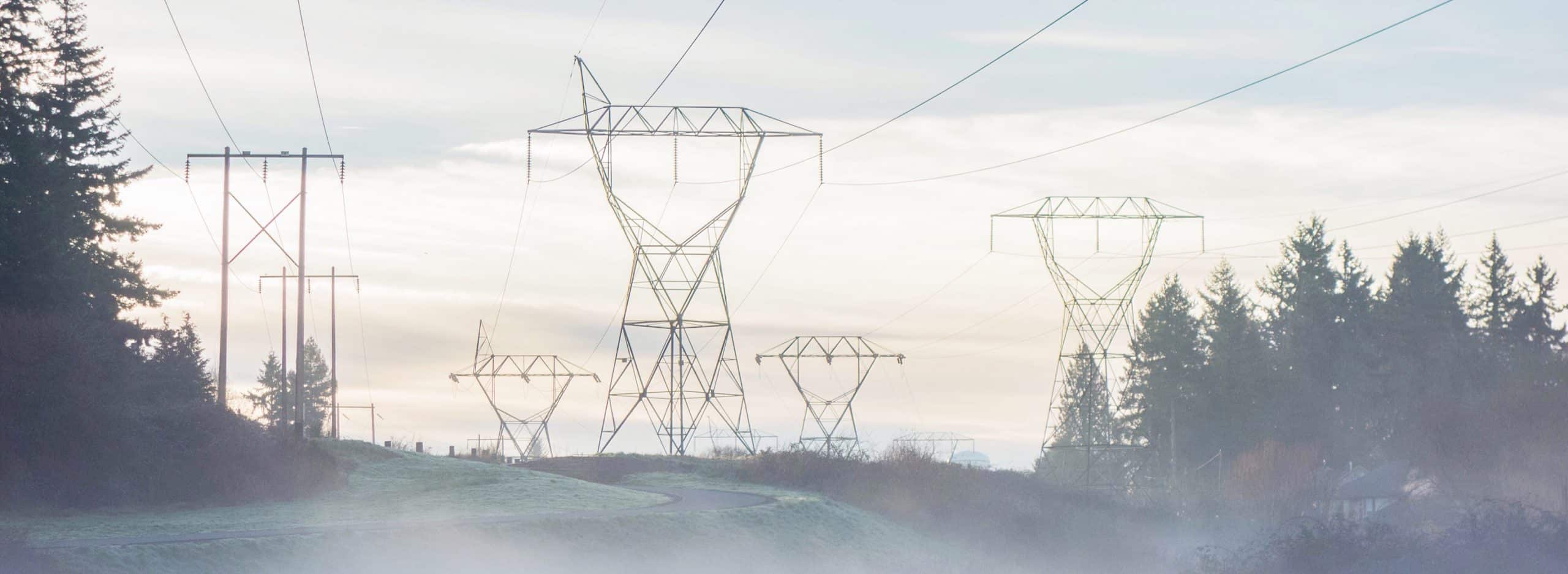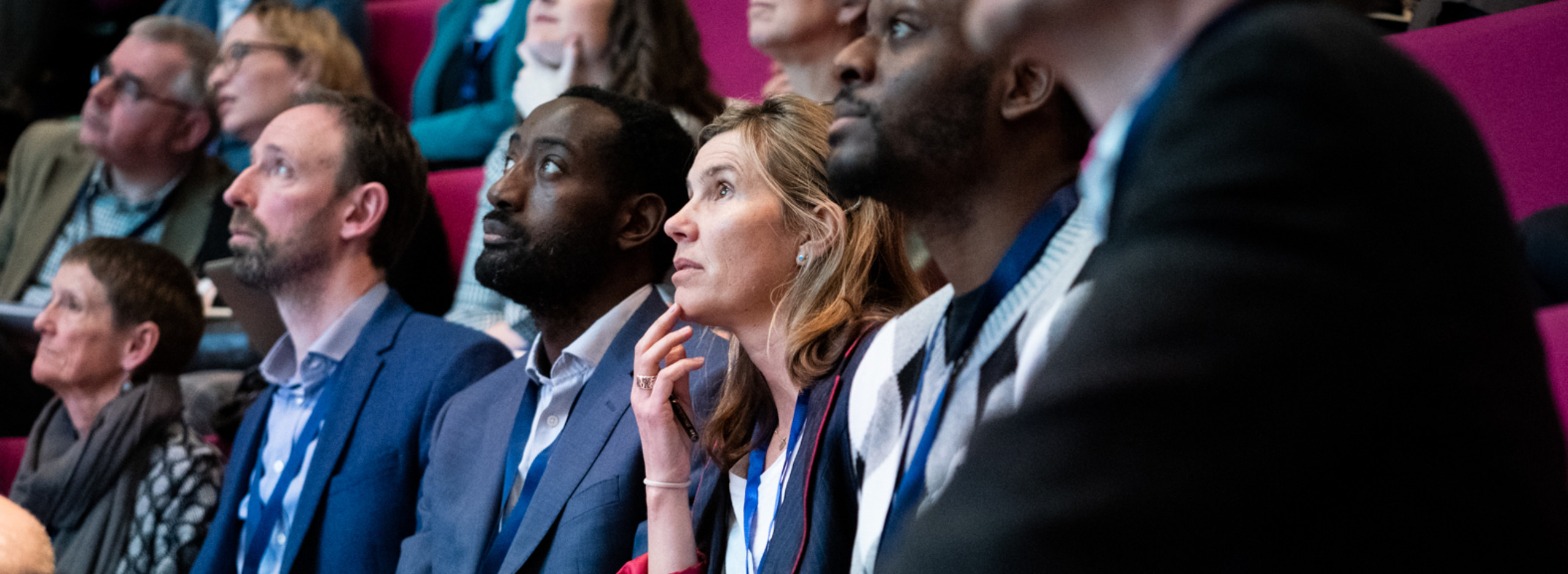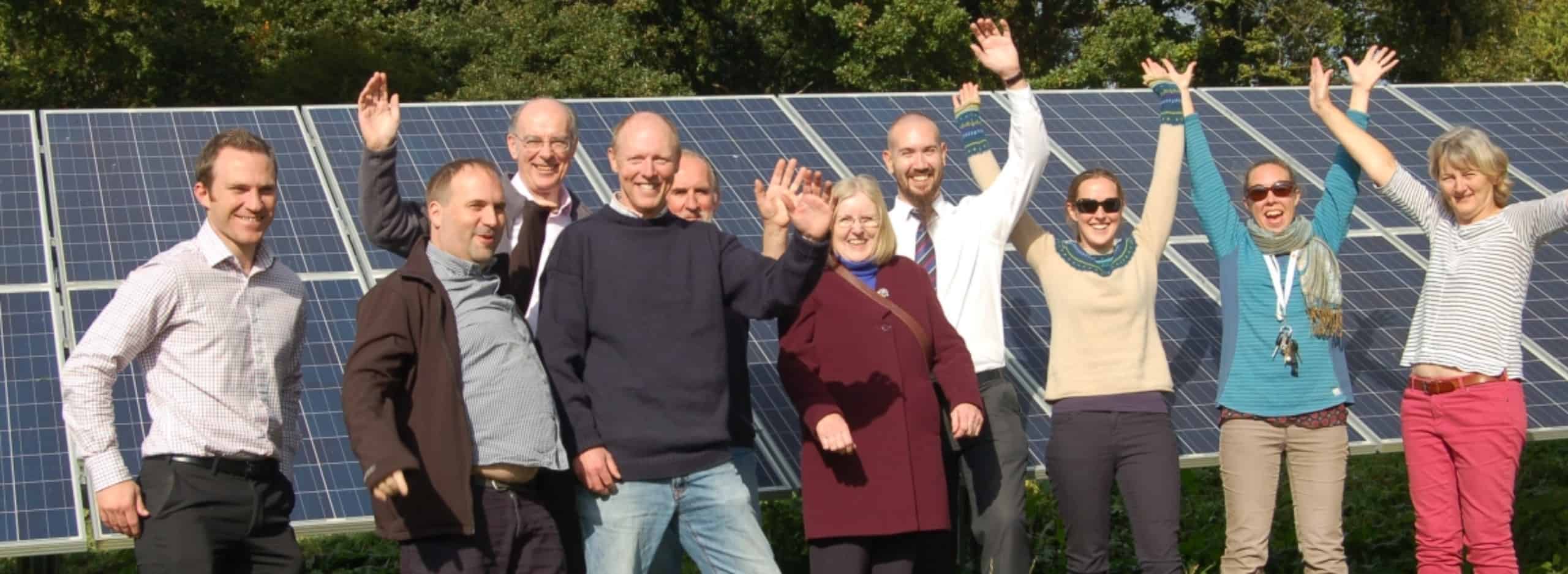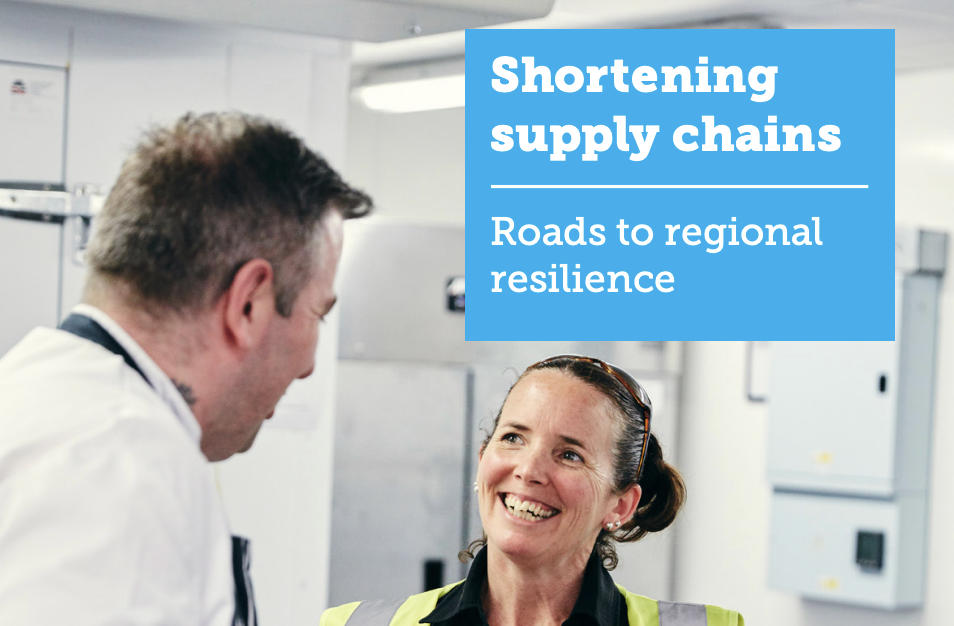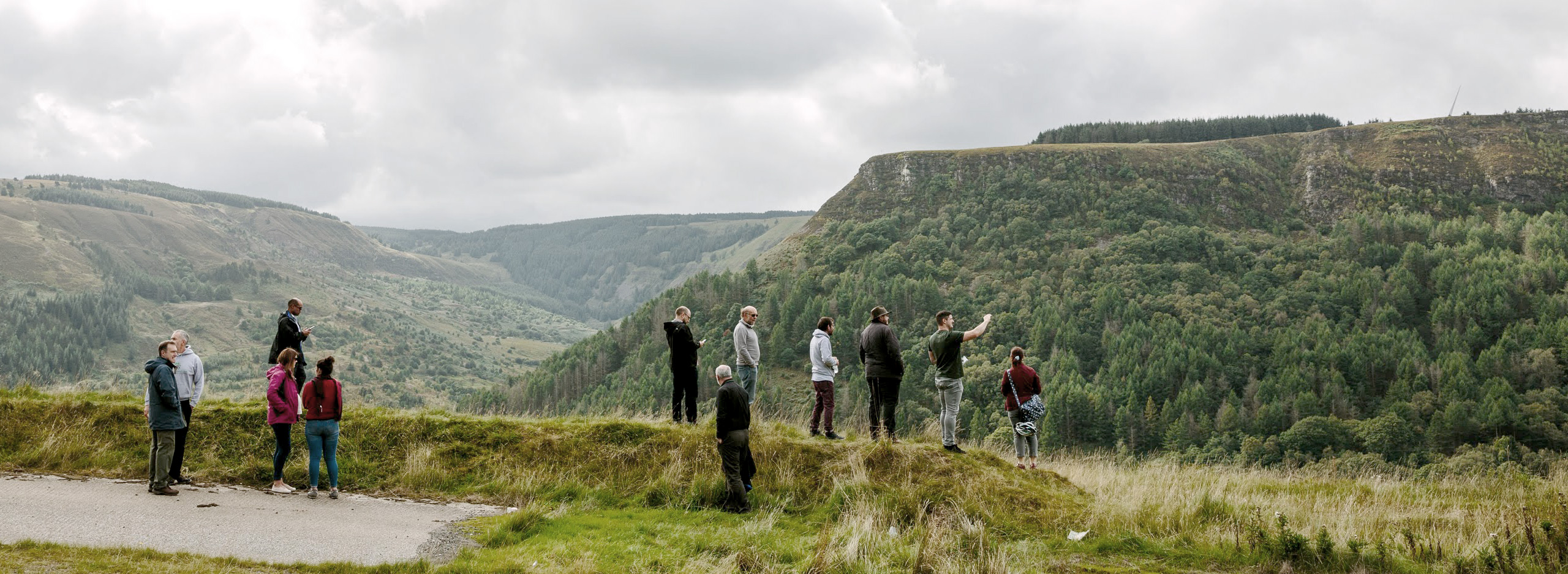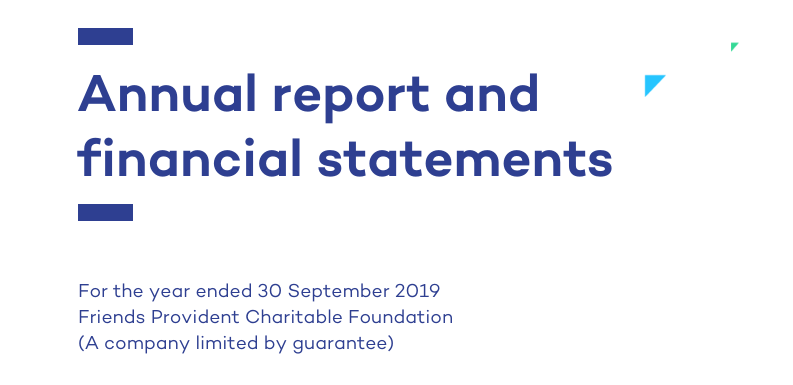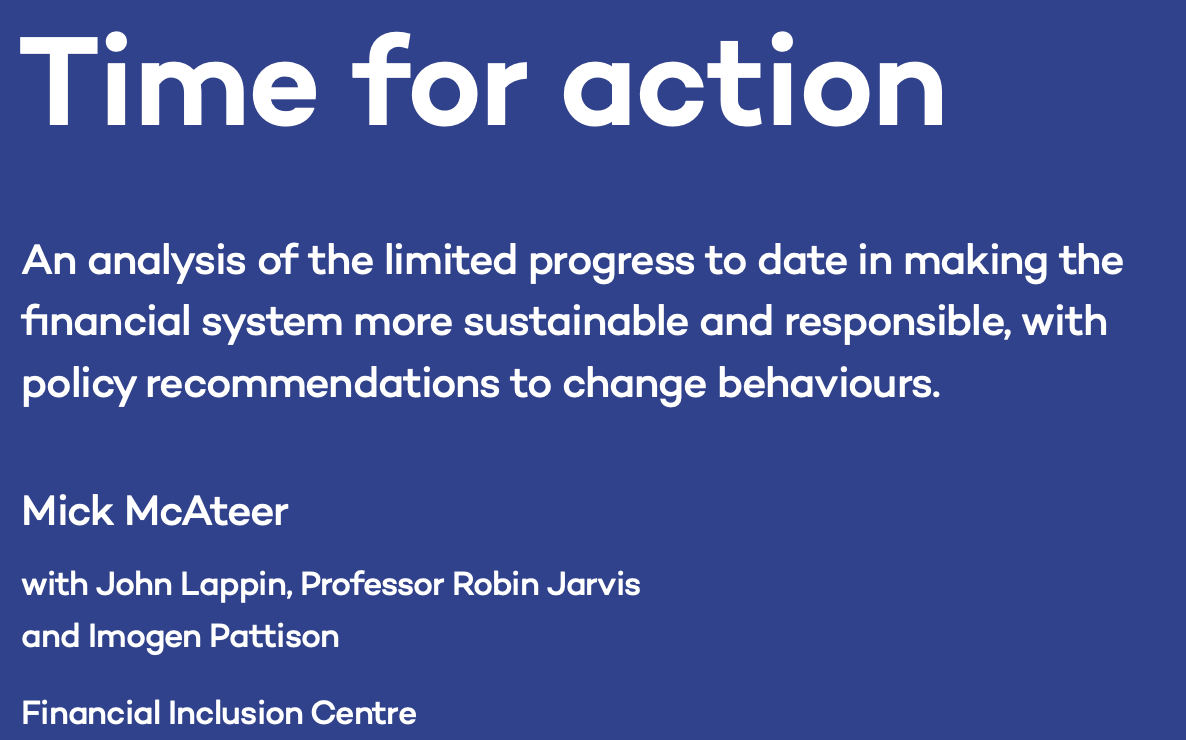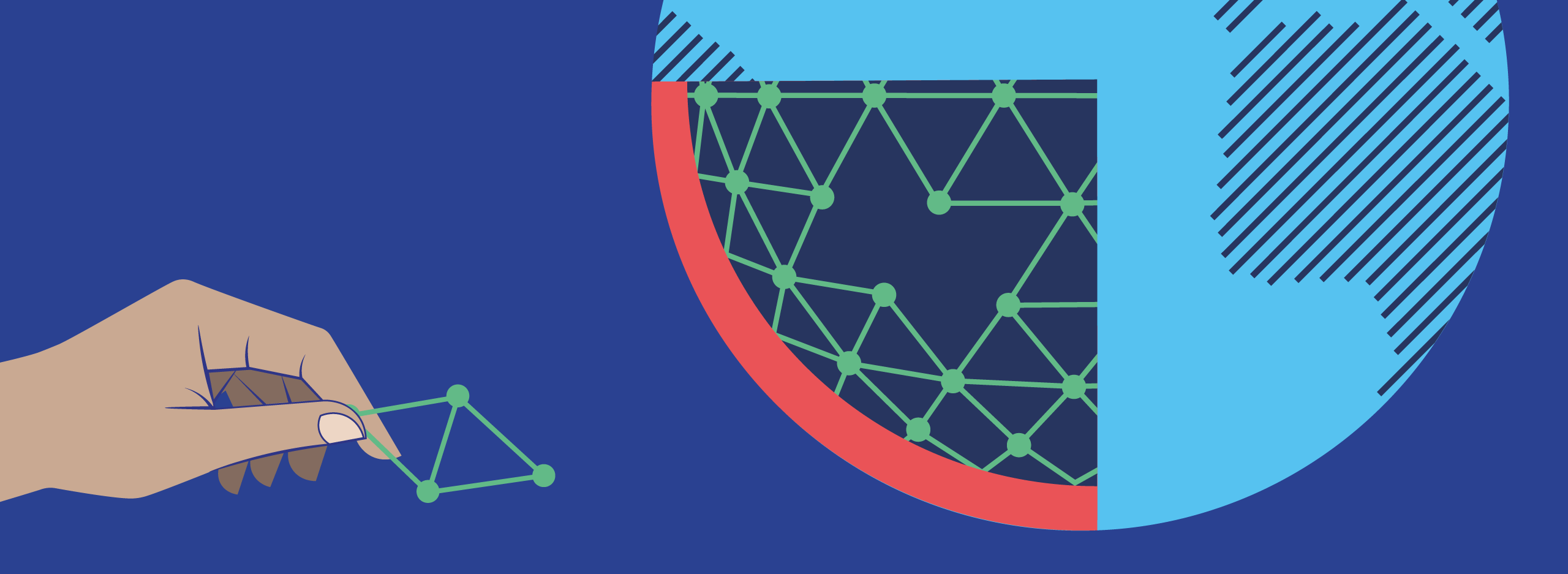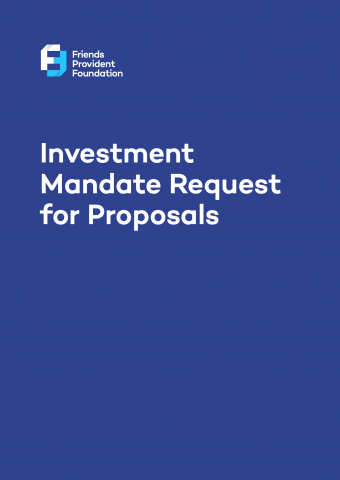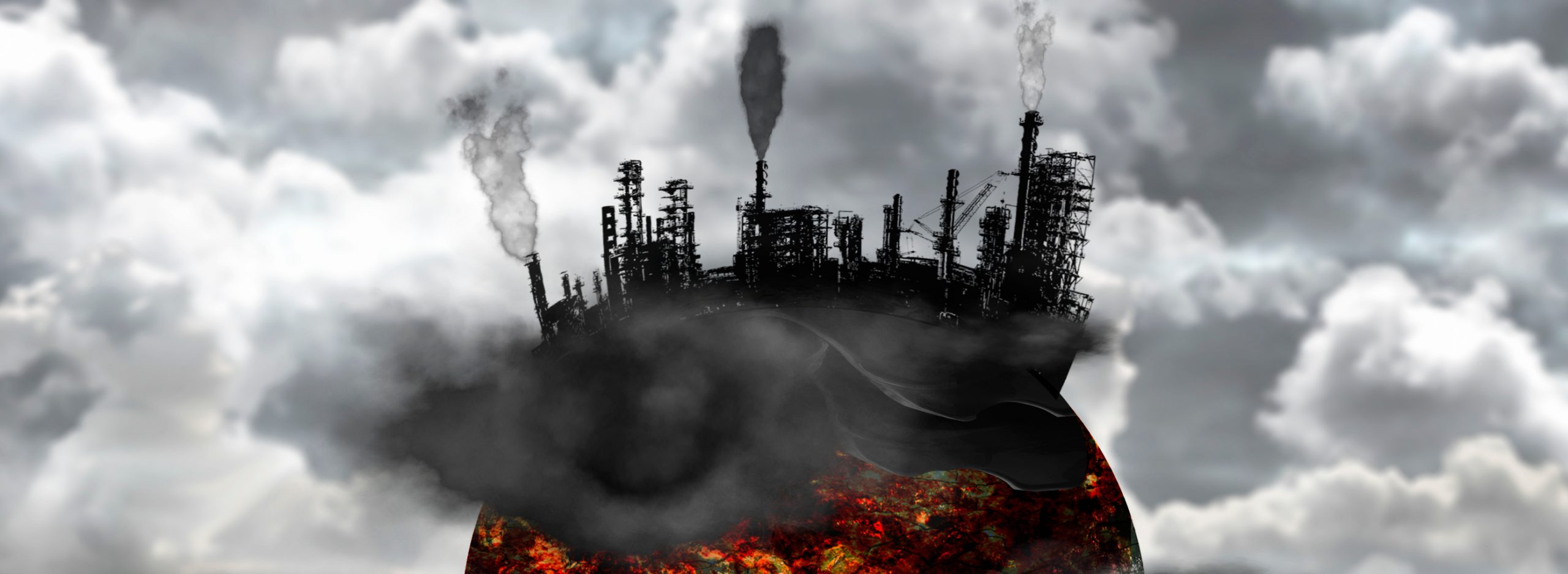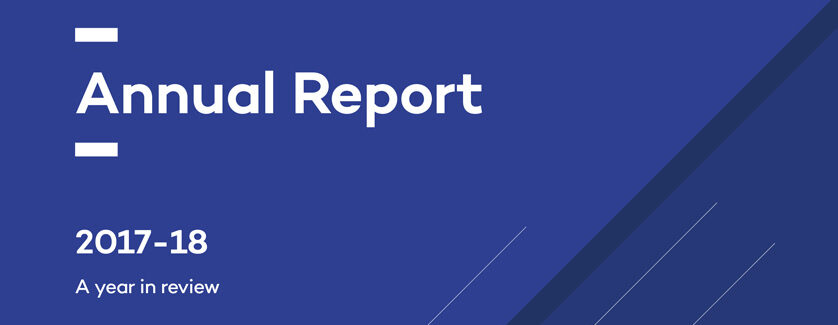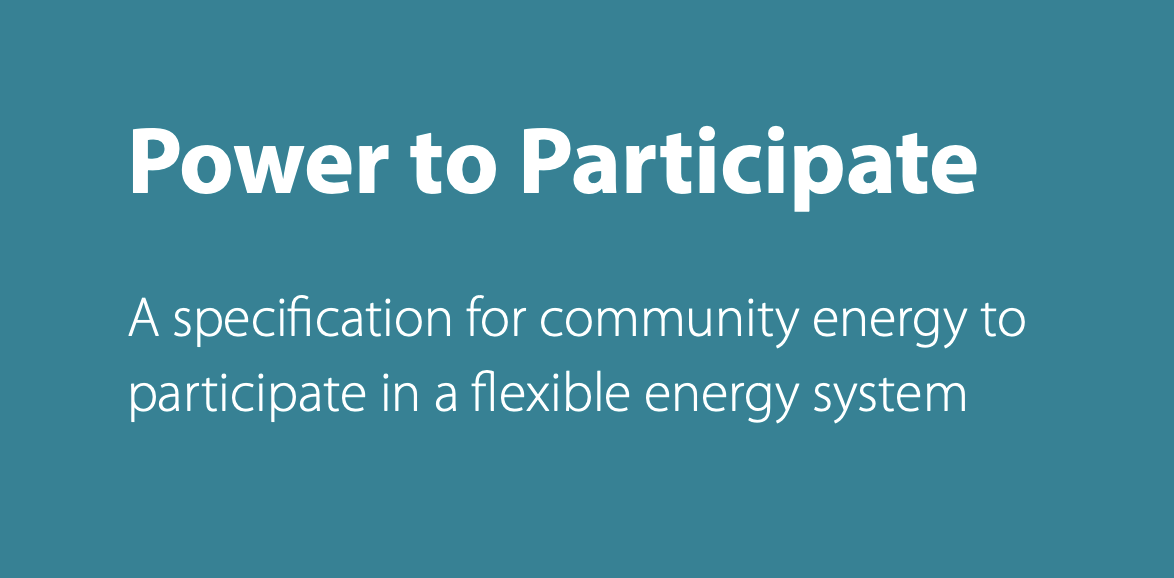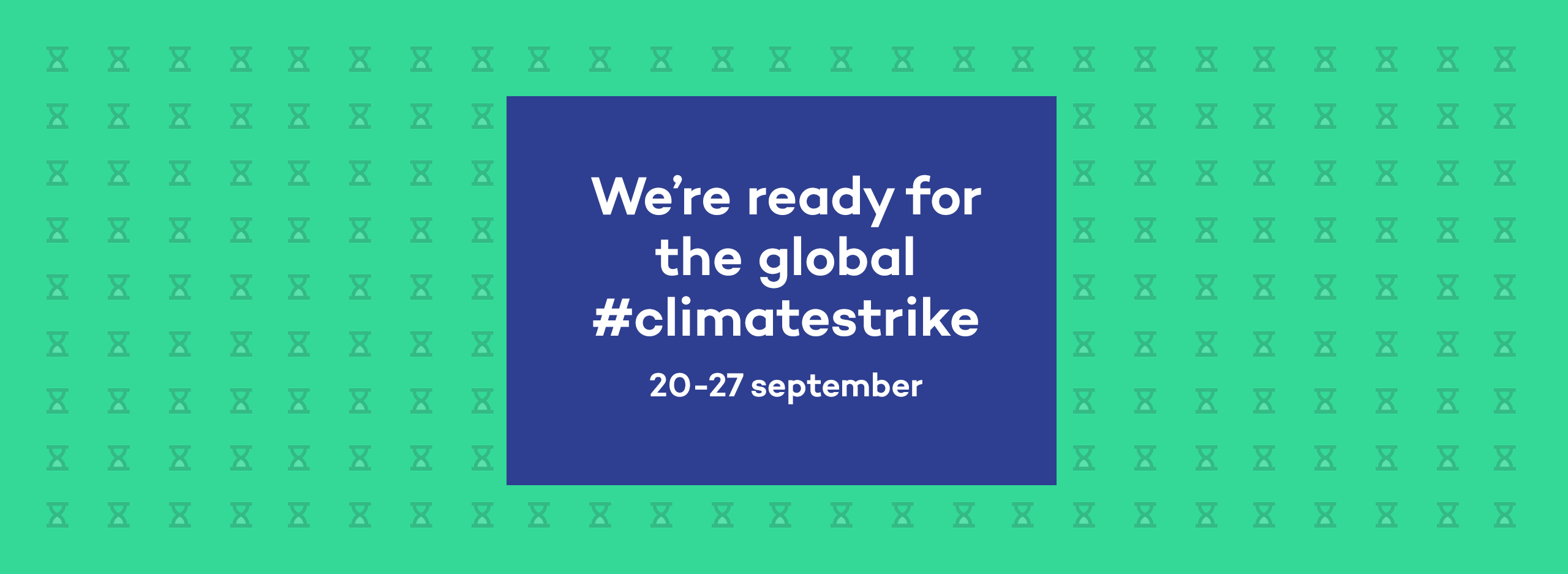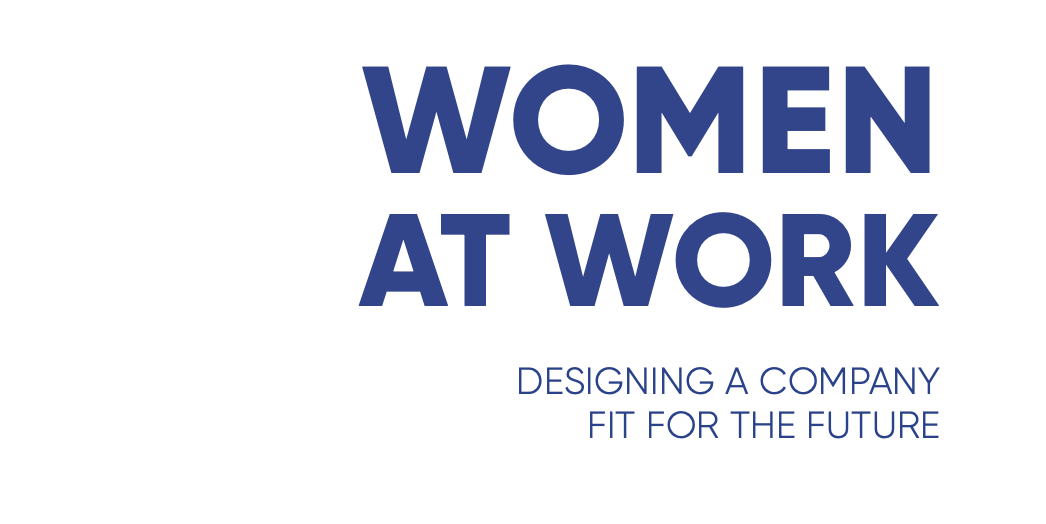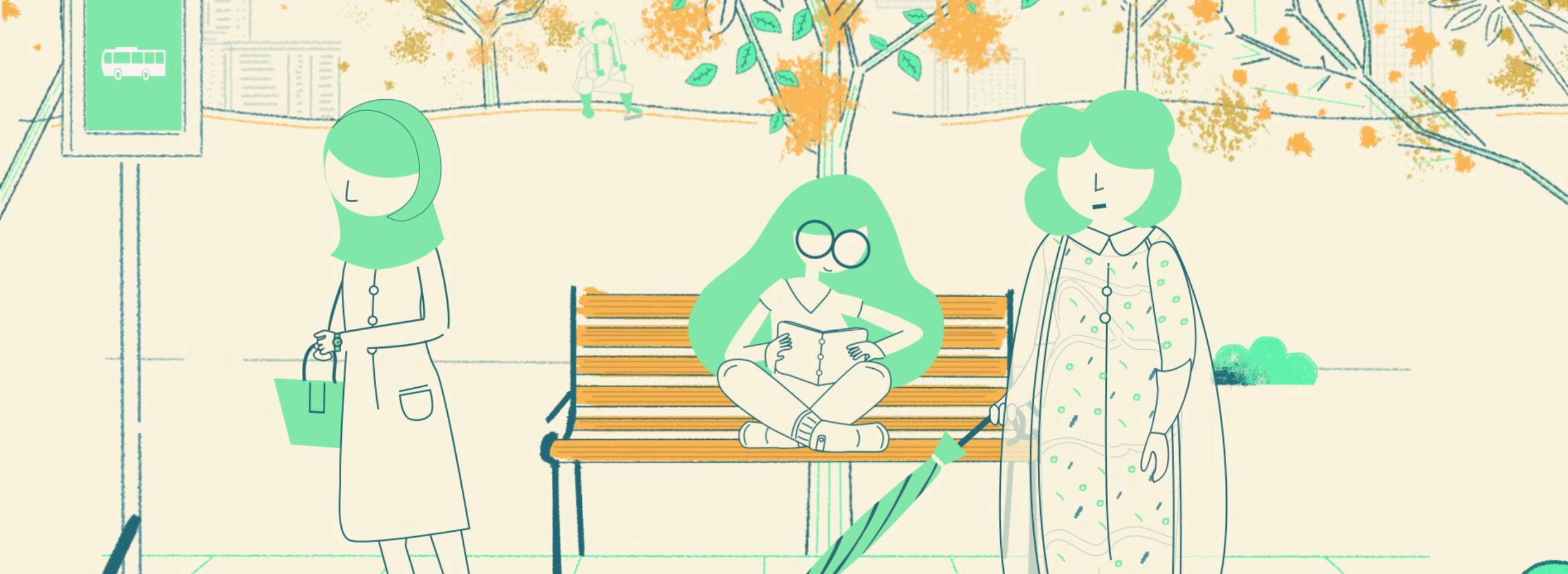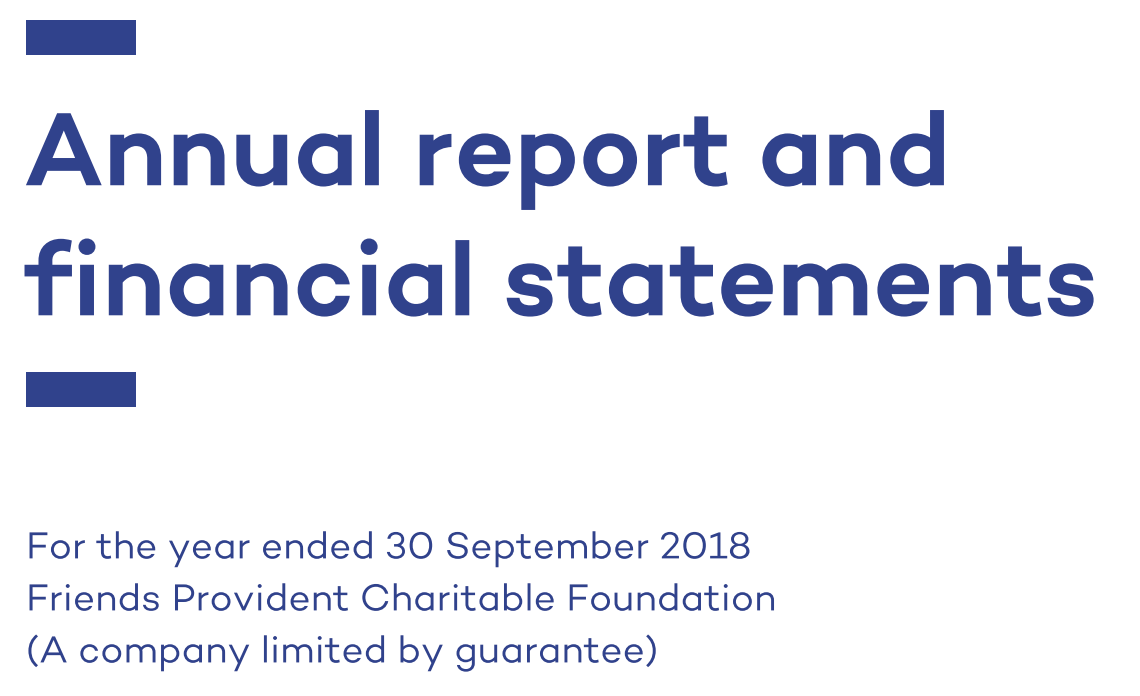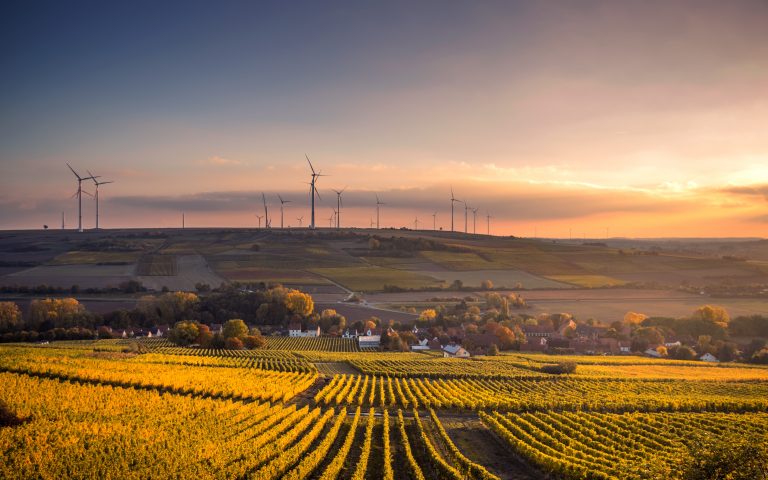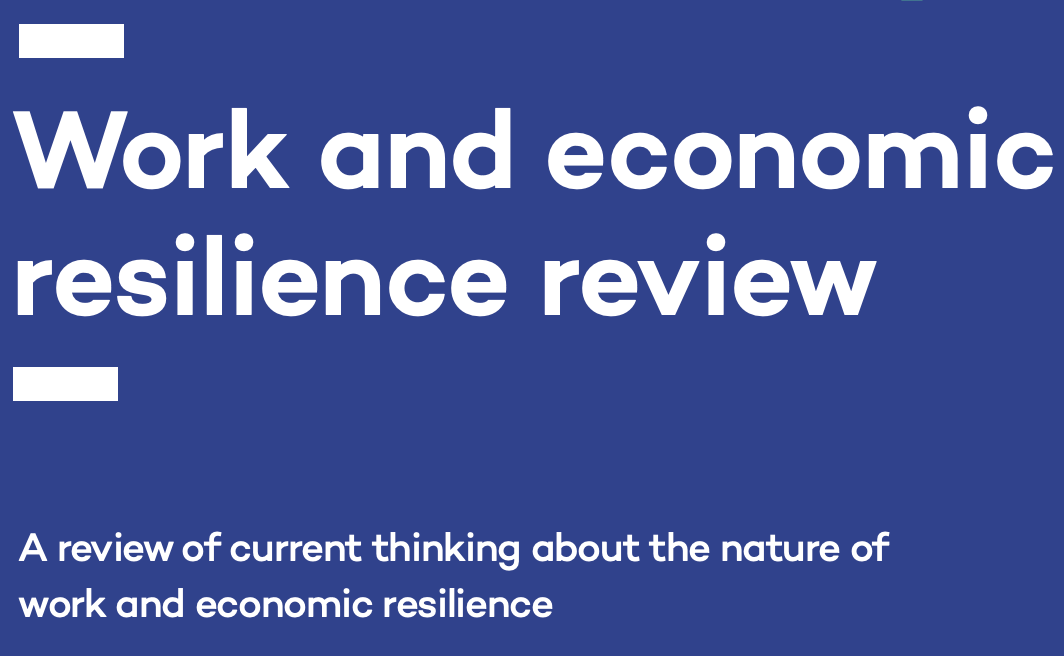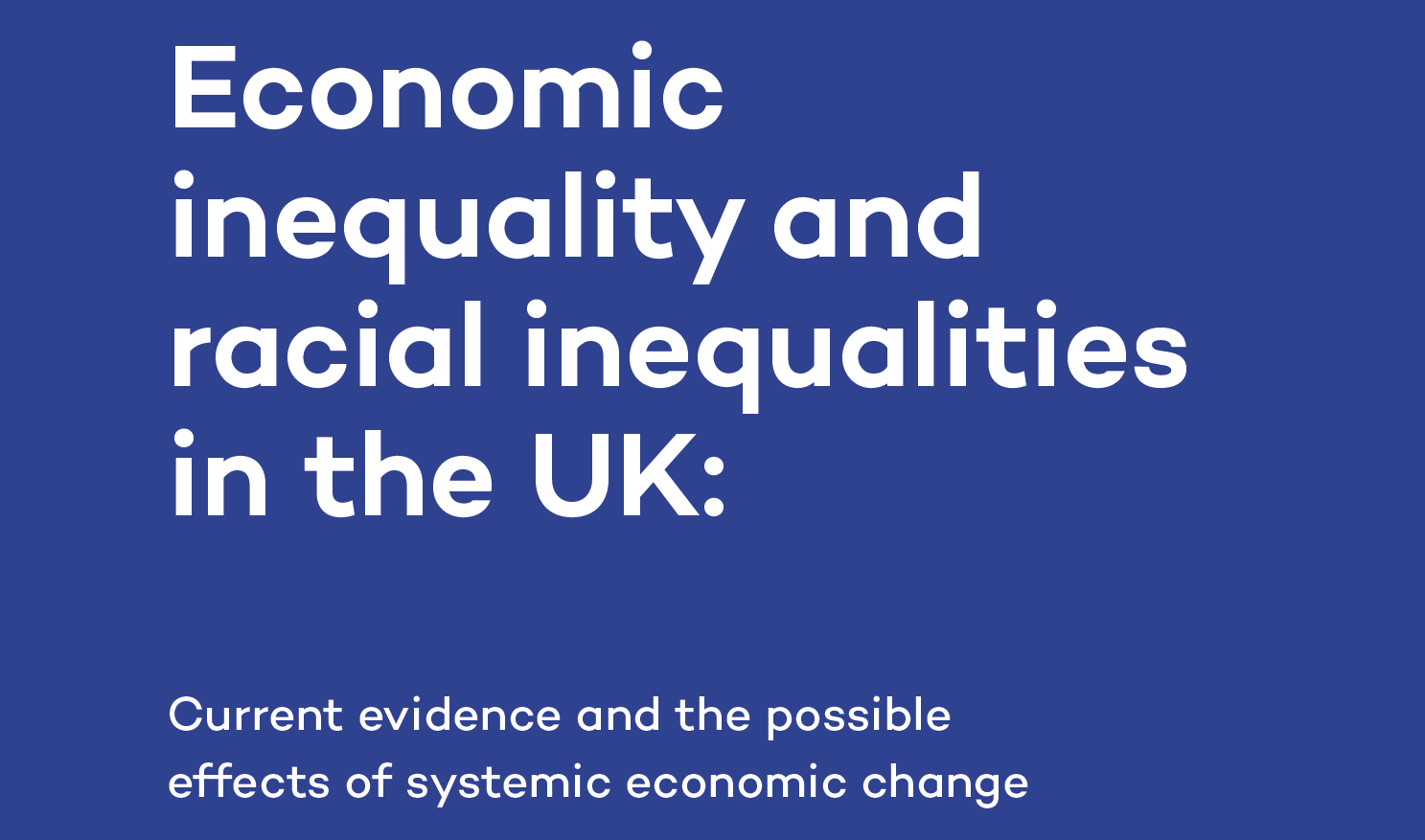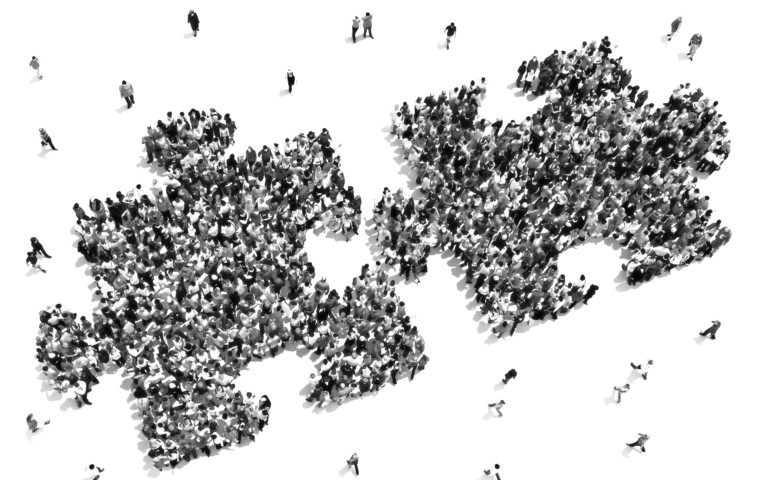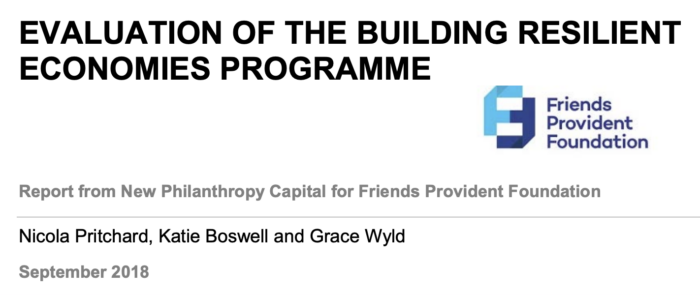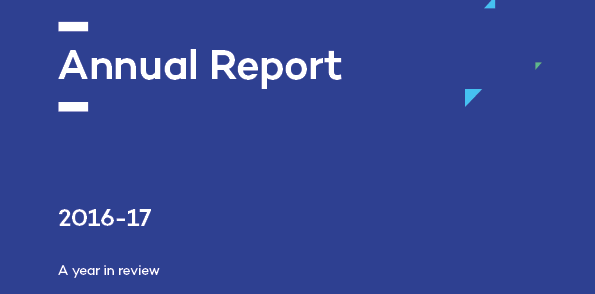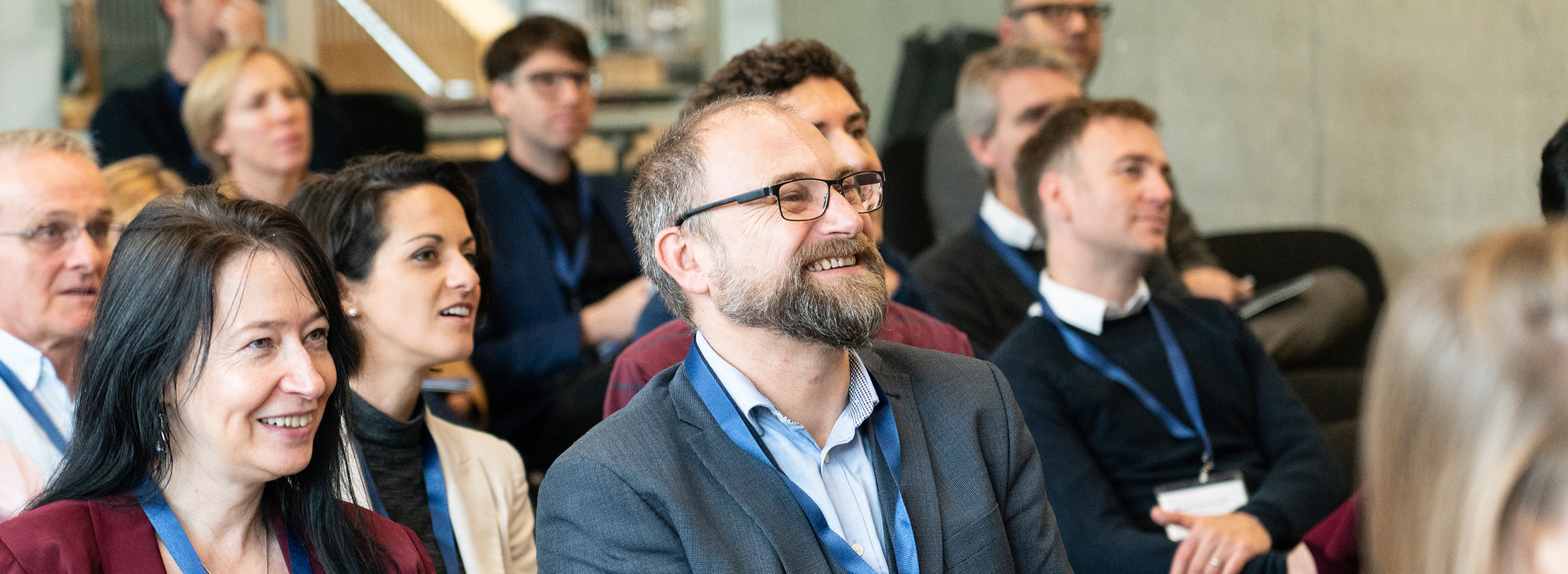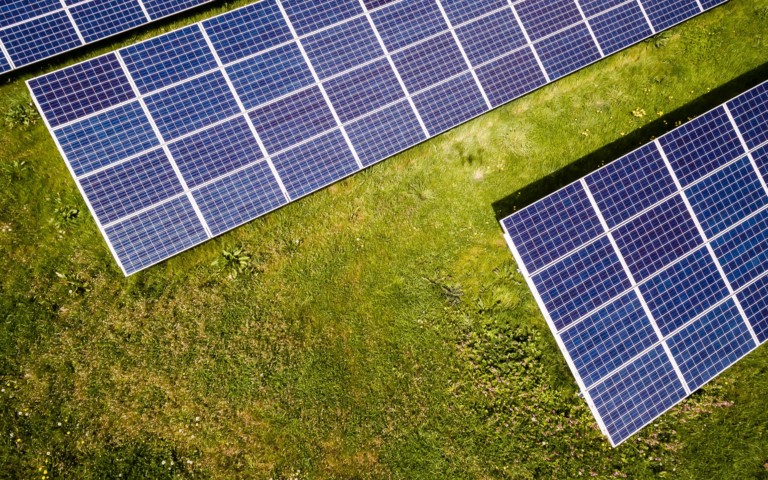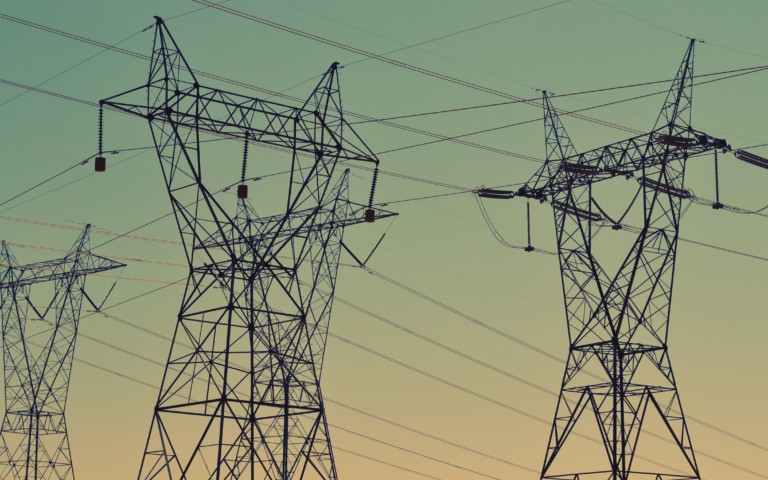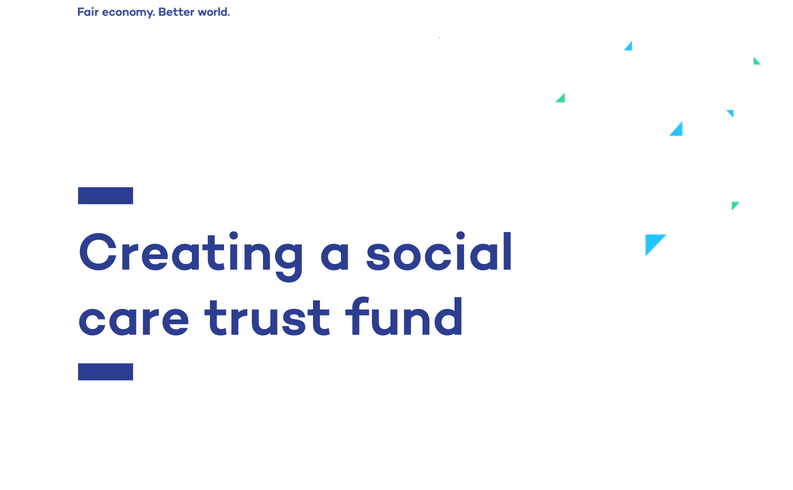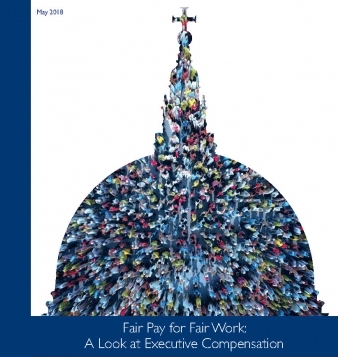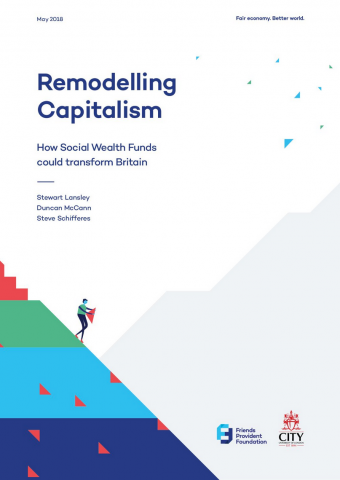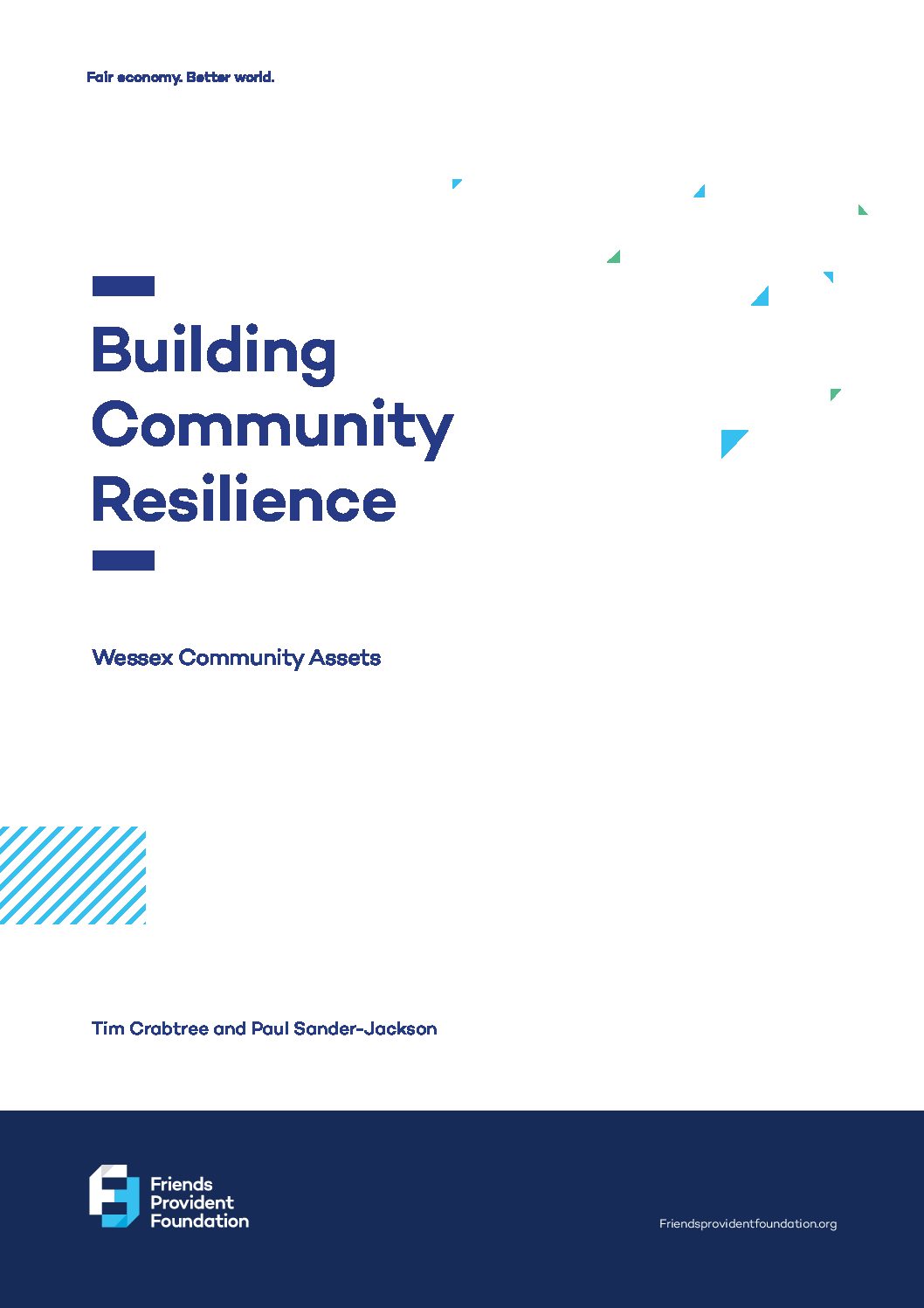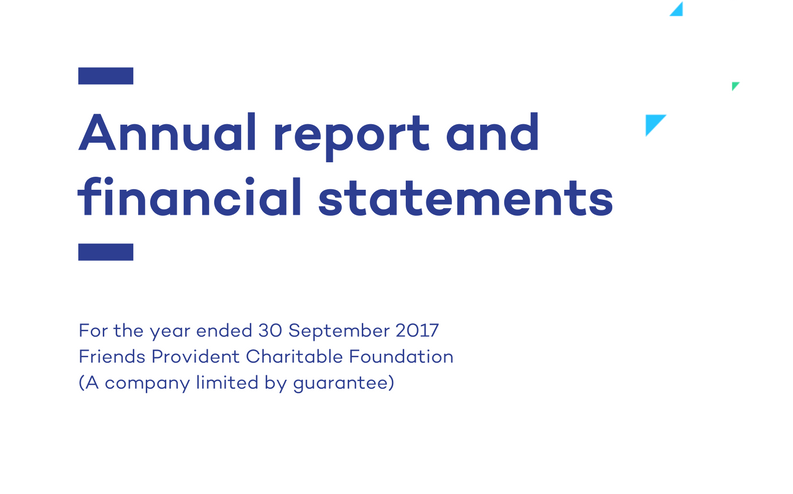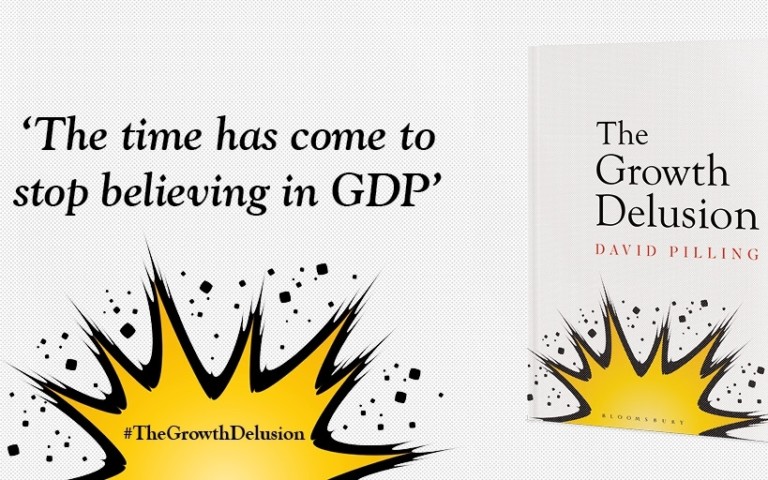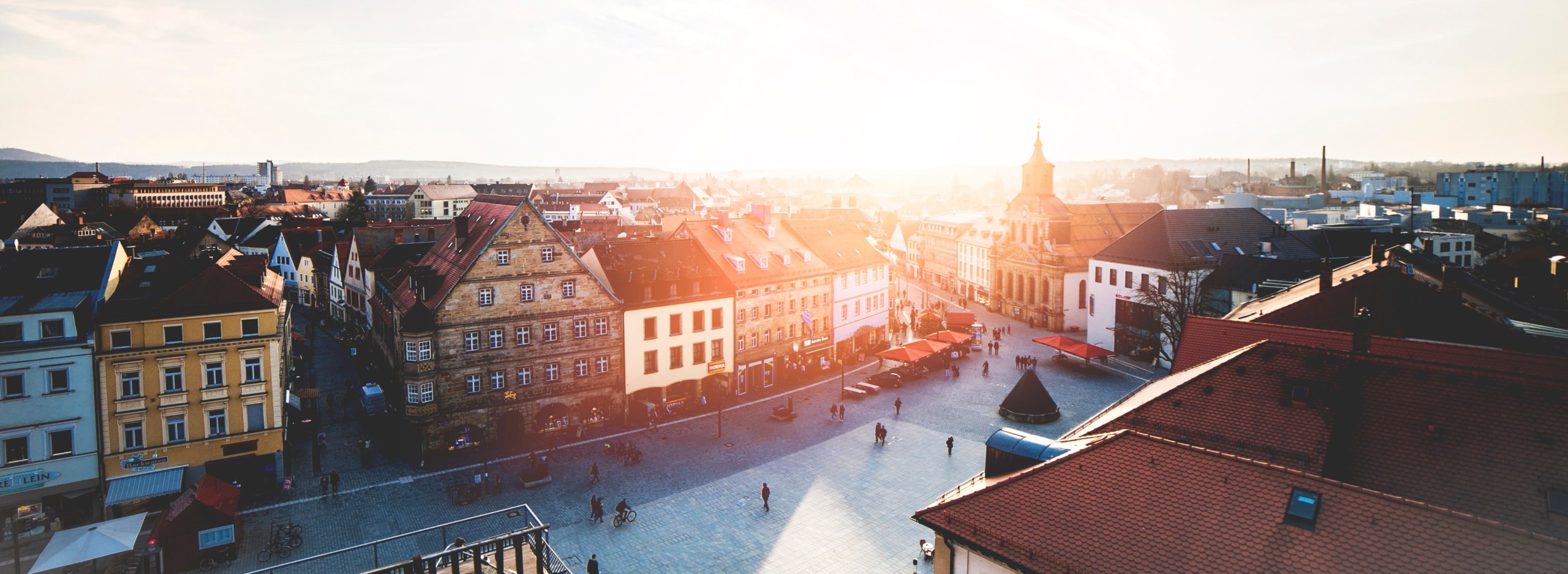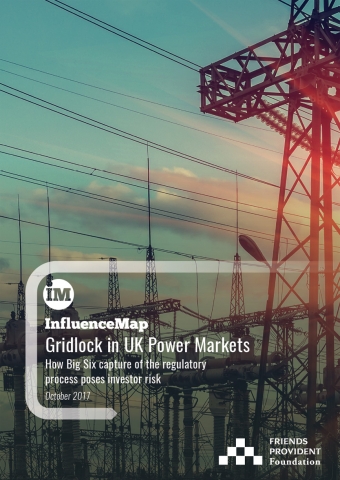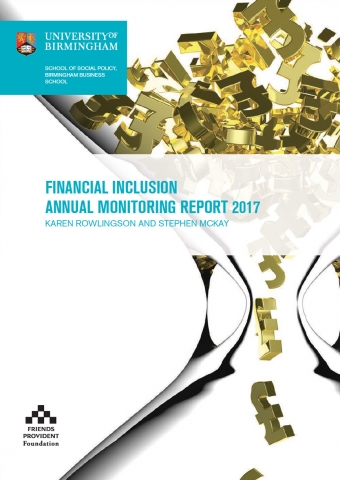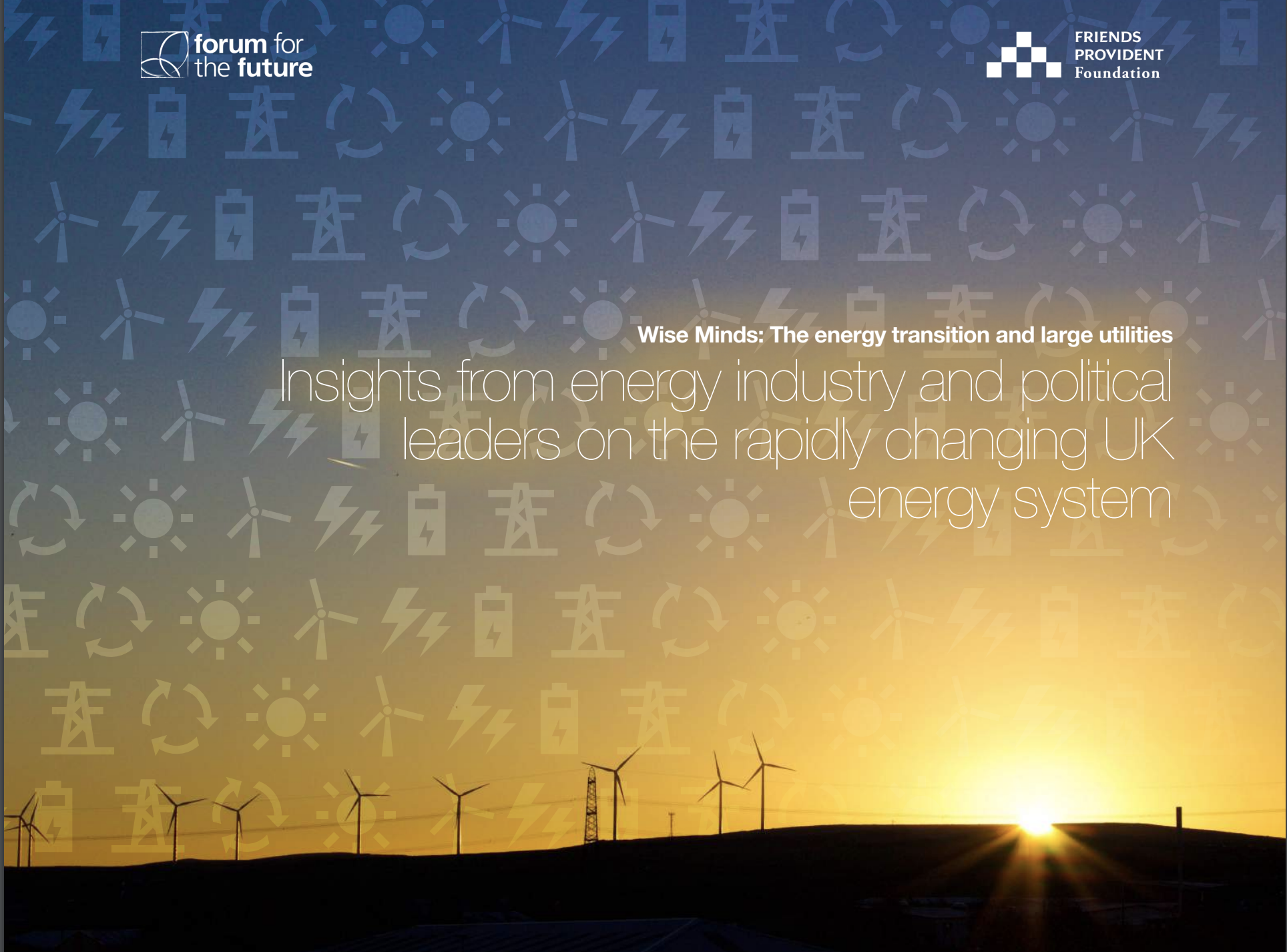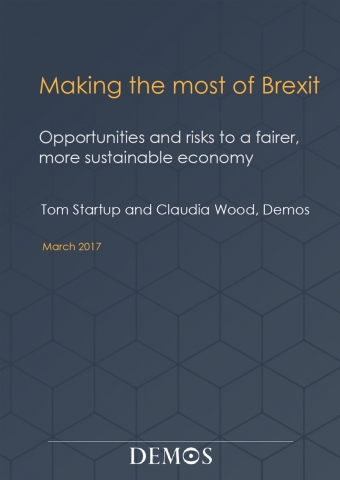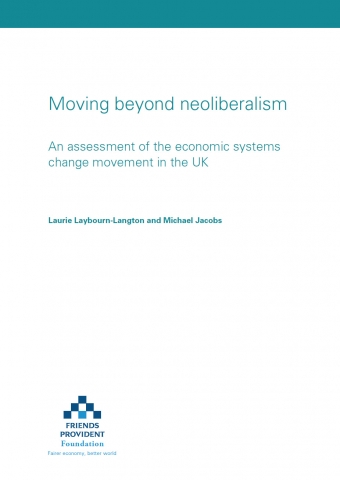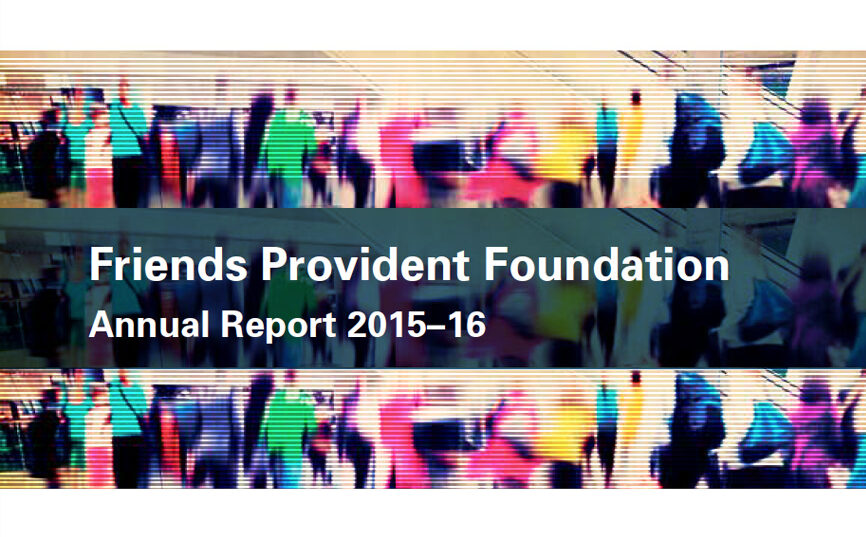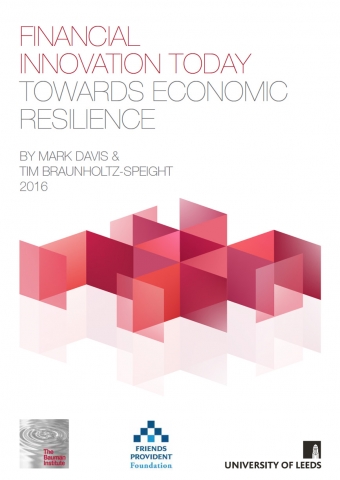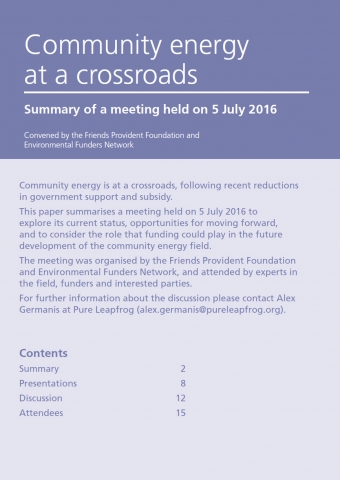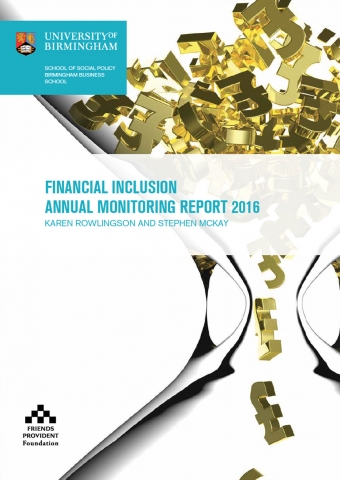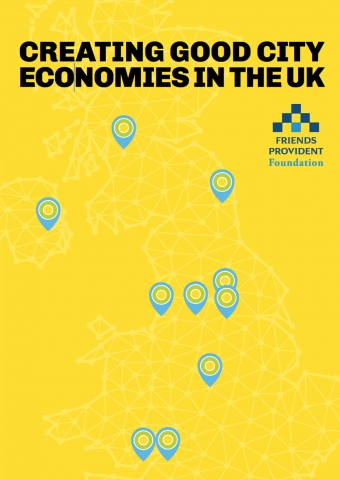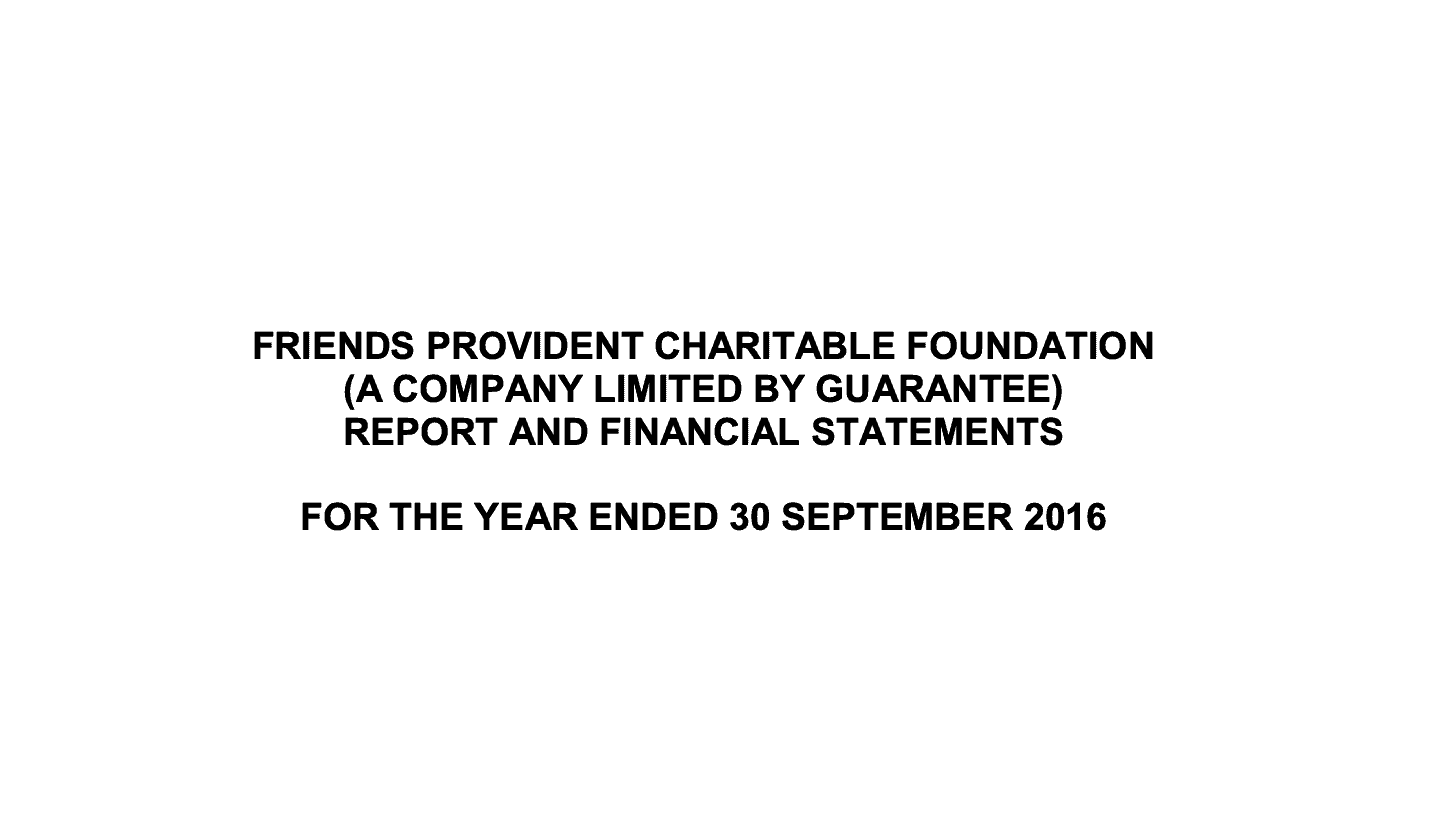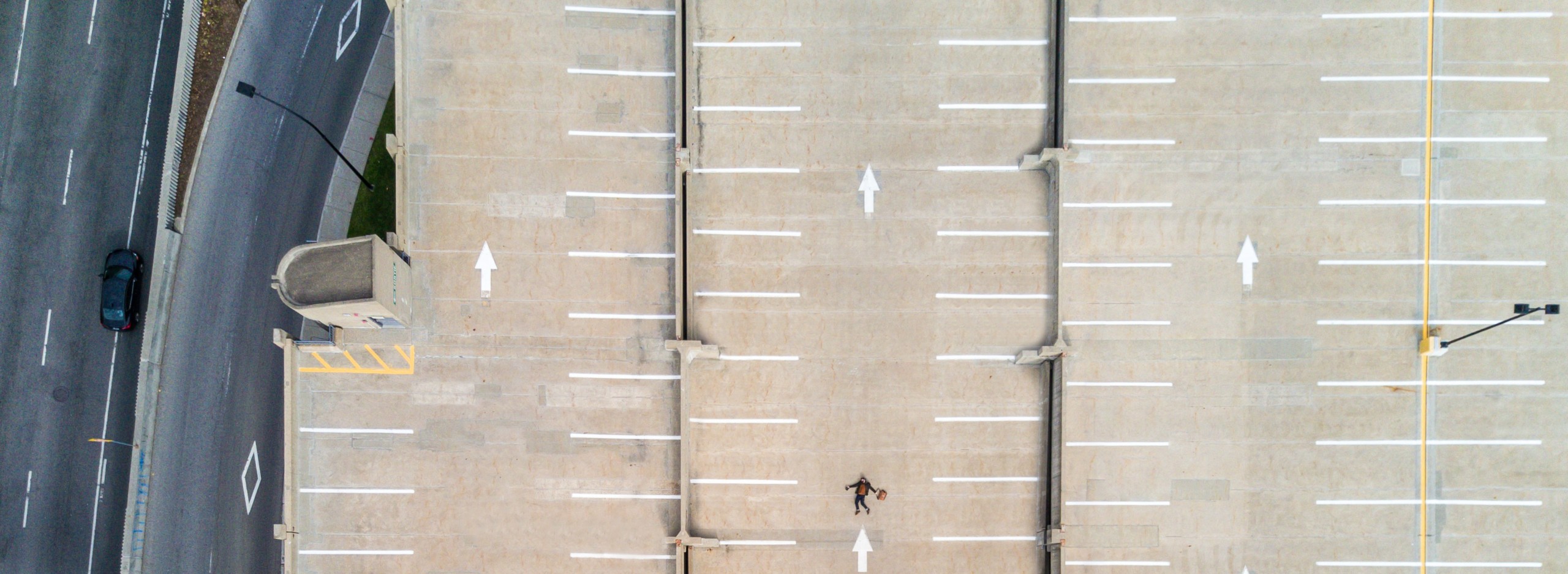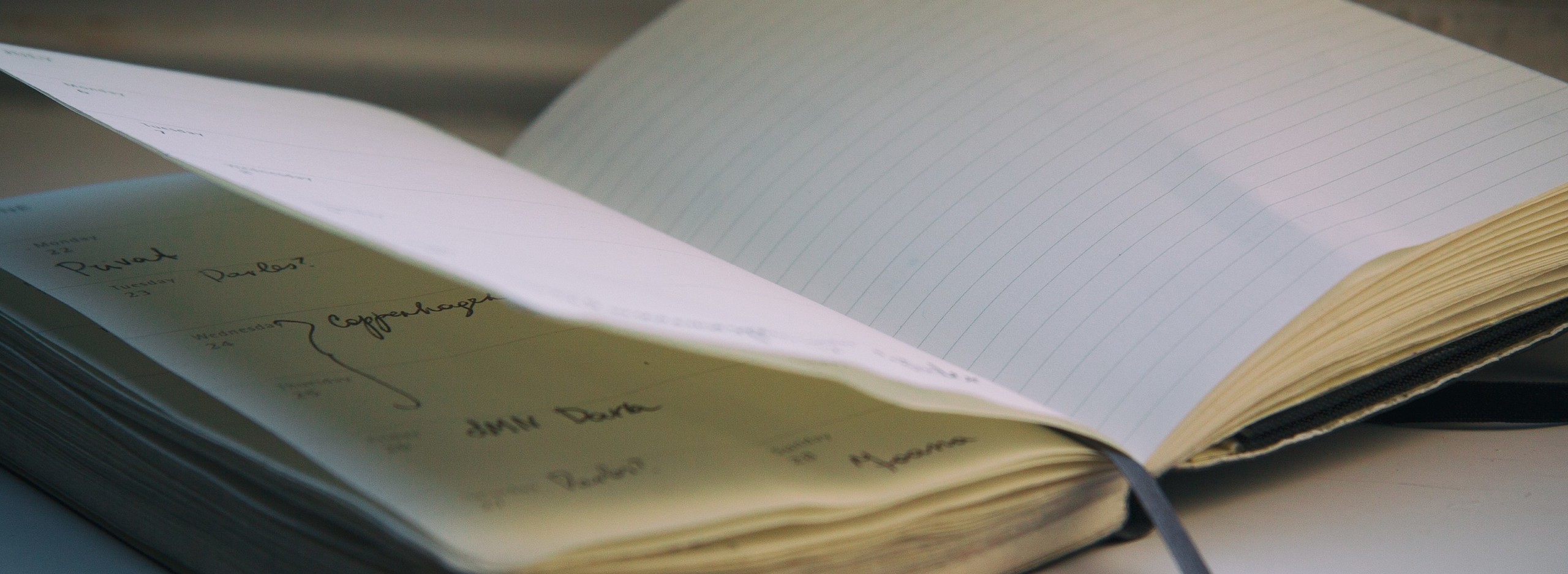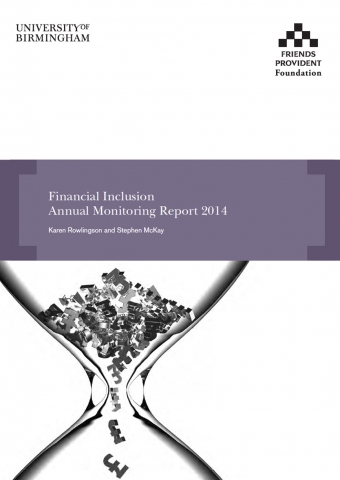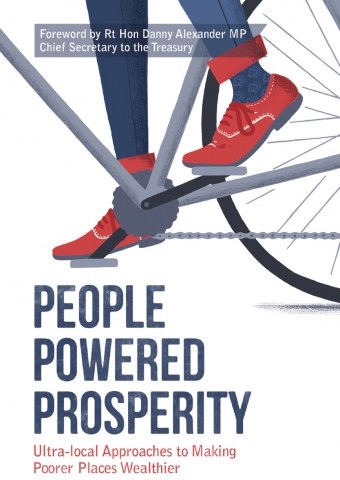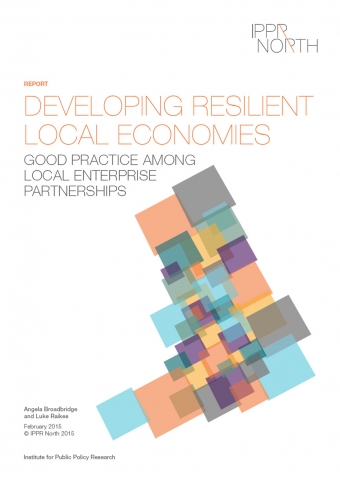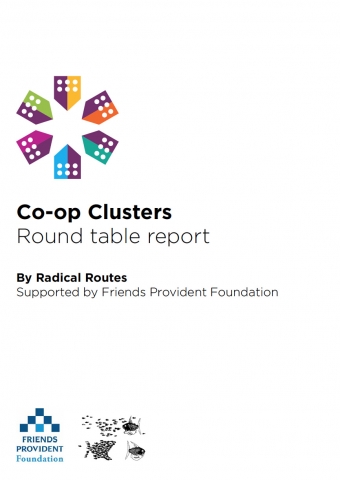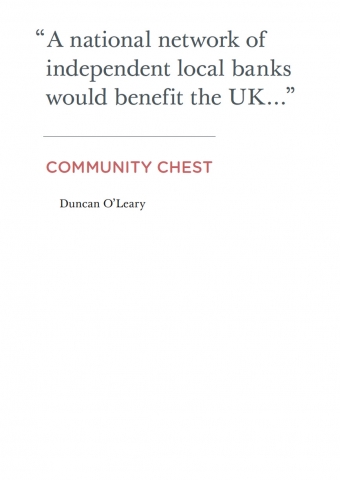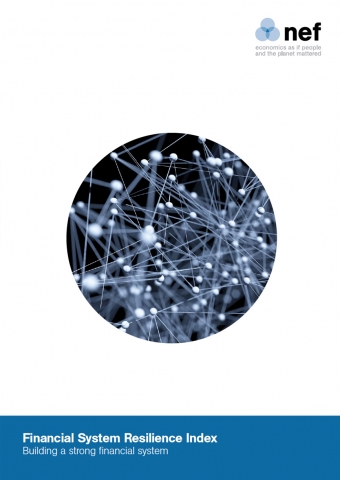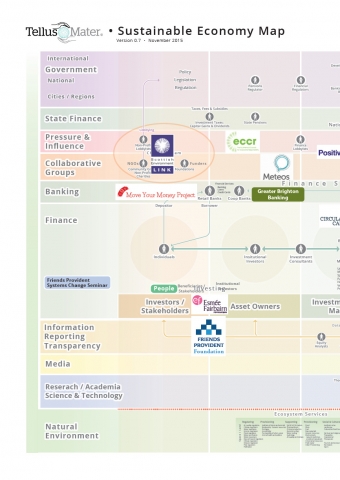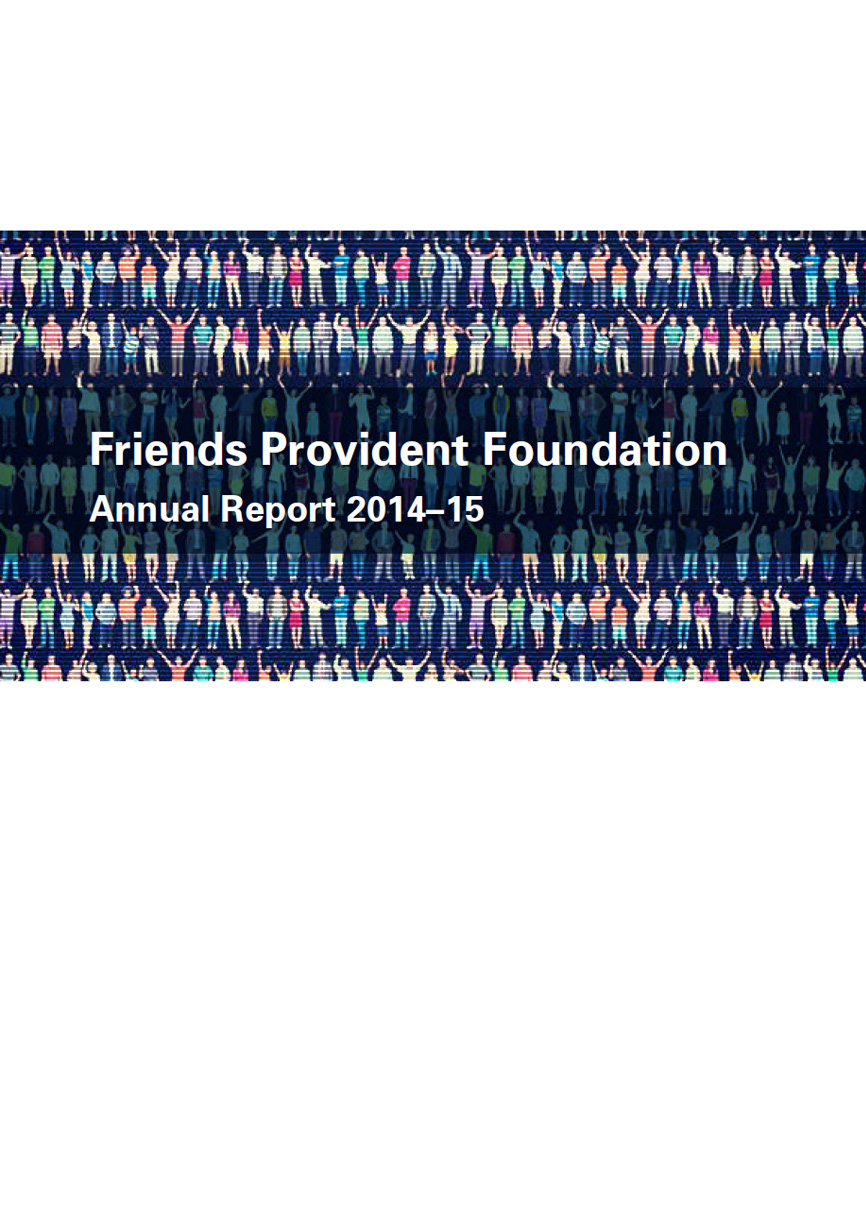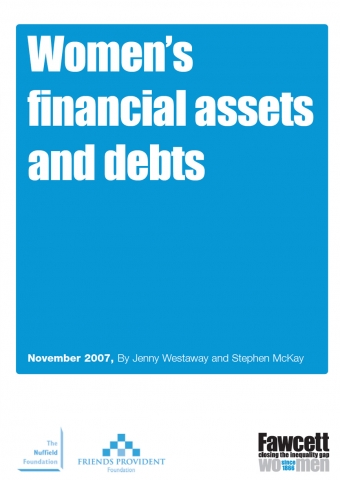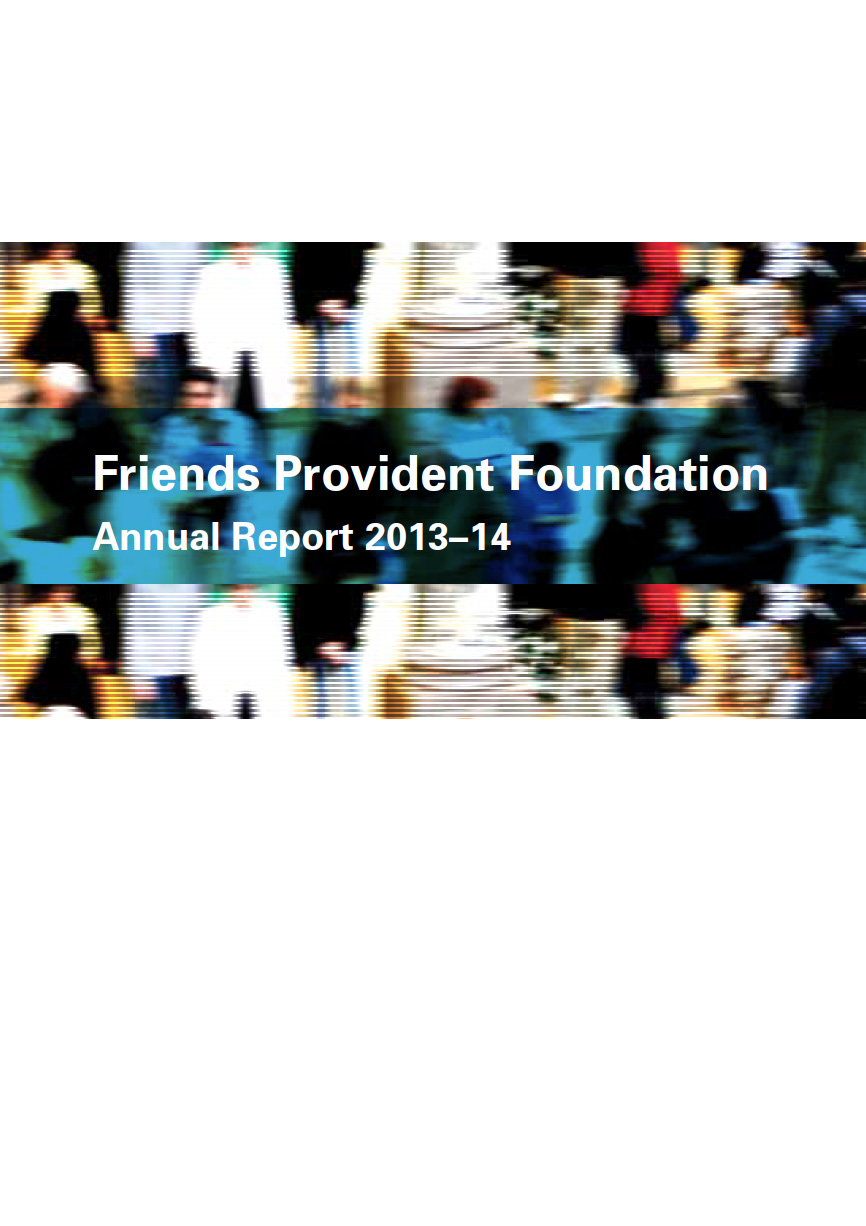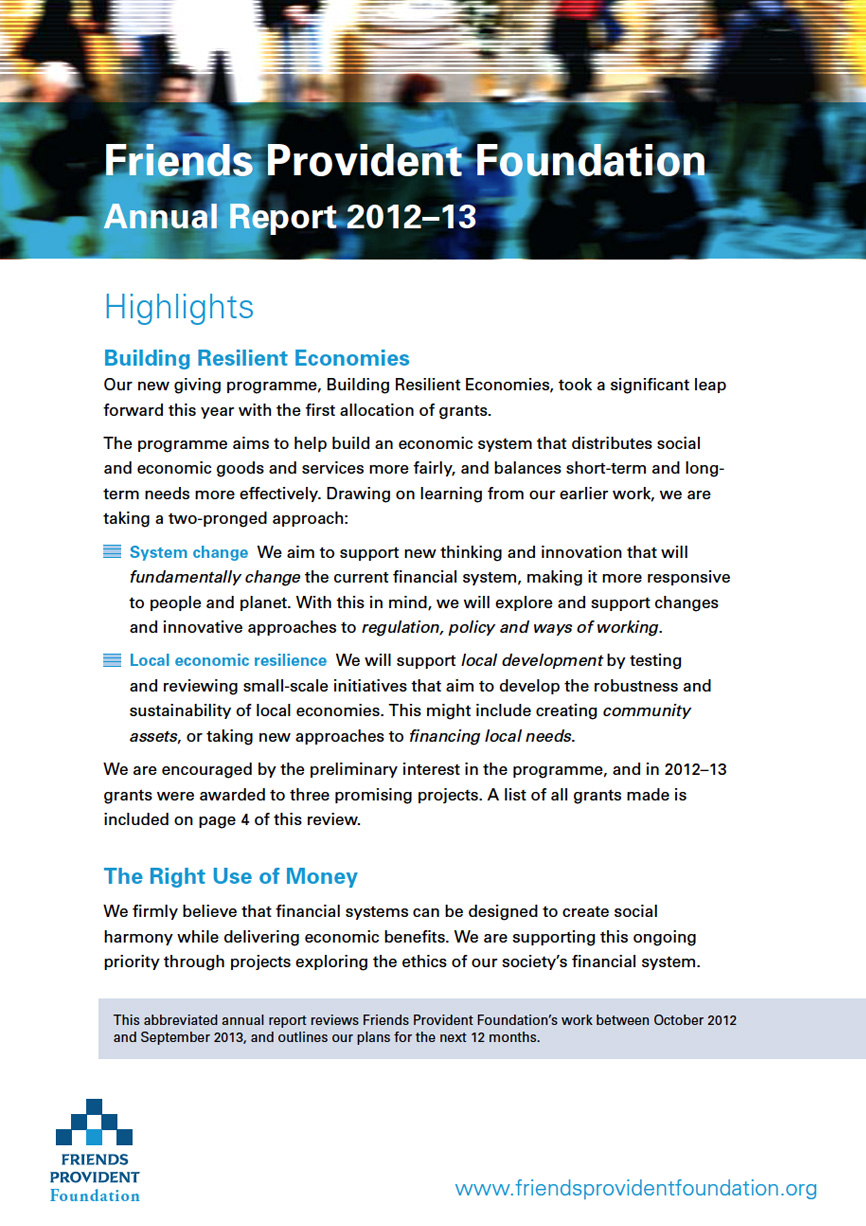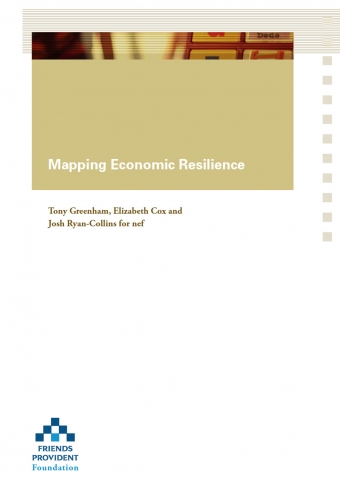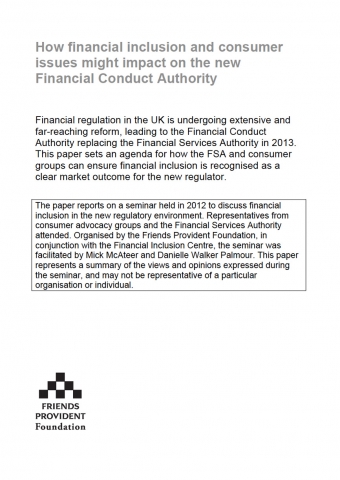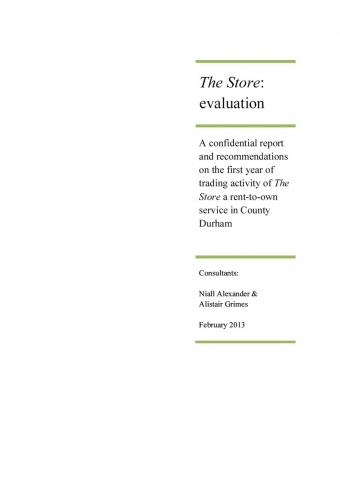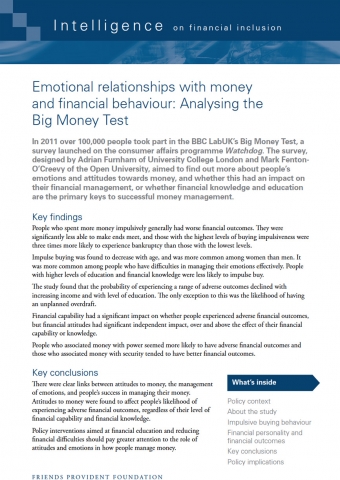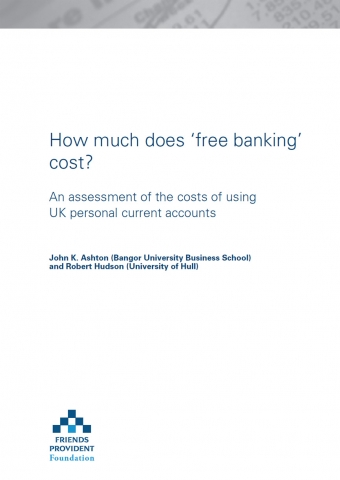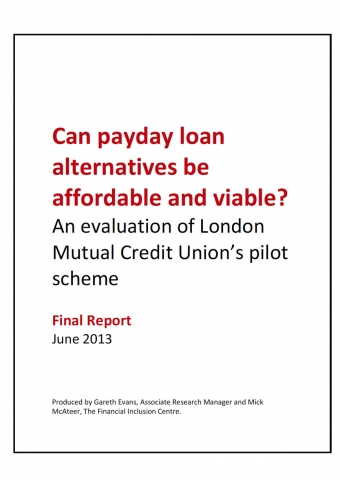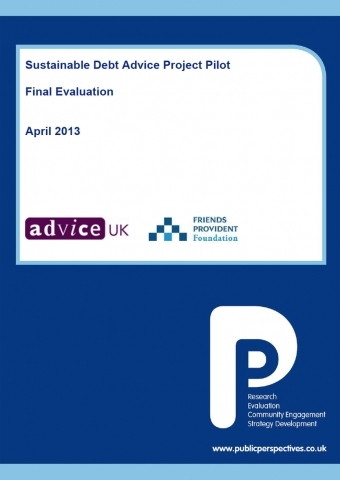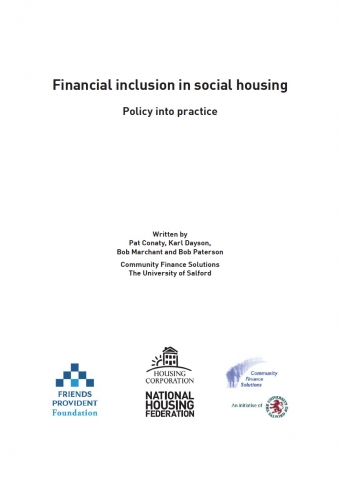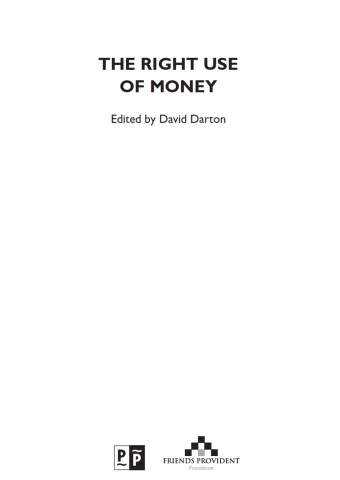This is our first update on our equity and social justice plan. You can access this report as a word file, a html website page and as a pdf document.
Over the past year we have been focusing on developing and integrating equity and social justice within all our work. We have been thinking hard about how equity and social justice interacts with the economy and how marginalised individuals and groups are often excluded from the conversation and decision-making. This report is an update of where we have got to so far.
For us the current economic system is inequal, and our mission is to reform the economy to create a fairer and more sustainable world for all. We believe this work is urgent, we have under a decade to address the effects of climate change and we need to challenge the inequality that marginalised people face. All of these issues, need new bold ideas, to address the ill affects individuals and groups experience within the current economic system. We need to tackle deep issues and unpick the deep underlying oppressive structures which have for so long excluded marginalised people’s experiences and voices.
Friends Provident Foundation is therefore committing to including equity and social justice within our work, ensuring that it intersects across our programmemes.
We are considerate and conscious that changing our practices, work culture and increasing our understanding of equity and social justice issues takes time. We are taking this from a place of learning, and we don’t have all the answers.
This paper highlights some our thinking and work we have undertaken to date. We are sharing this because one of our beliefs is to be transparent and accountable to the people and communities we serve.
We would also like to thank the trustees and staff members who have taken this project on.
Our Purpose
Friends Provident Foundation is an independent charity that uses all of its assets and pursuits a fair and sustainable economic system. We connect, fund, invest and share learning to shape an economy that works for all.
To create a fair and sustainable economy we must be proactive at addressing equity and social justice issues. We have created a working group of staff and Trustees to develop this piece of work. In the future, we aim to integrate this work across the Foundation’s activities.
We understand that we have power to influence, advocate and create the conditions for change to occur. However, this power can also cause social injustices and reinforce power differences between different groups. It is therefore crucial for us to approach our work through an equity and social justice lens.
Who is leading on this work?
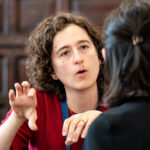 Aphra Sklair – Trustee
Aphra Sklair – Trustee
 Ann Don Bosco – Trustee
Ann Don Bosco – Trustee
 Priya Lukka
Priya Lukka
 Abigail Gibson – Head of Funding Strategy
Abigail Gibson – Head of Funding Strategy
 Jake Furby – Communications Manager
Jake Furby – Communications Manager
 Guppi Bola – Advisor to the Foundation on Diversity, Equity and Inclusion
Guppi Bola – Advisor to the Foundation on Diversity, Equity and Inclusion
We as a philanthropic sector can be guilty of virtue signaling and we can struggle to create deeper and meaningful change. We need to:
- focus on system change rather than symptoms
- align our strategy with findings from our grantees, meaning we need a wider pool of diverse voices,
- ensure that we are living the values we expect of others
- use all of our resources for change.
Therefore it is important we ensure that communities furthest from power are represented and listened too.
Currently the foundation positionality is one off transitional, where in which we will sit in the equity and social justice space for some time before moving to a transformational approach.
Key terms
Inequality – unequal access to opportunities
Currently the economic system does not work for everyone – it is both the cause and the result of systemic inequality.
Examples of inequality include: women and ethnicity pay gaps, working class individuals less likely to be high income earners despite their abilities and achievements, and trans people more likely to be unemployed owing to their gender identity.
Equality – treating everyone the same
Many people conceive of equality as treating everyone the same, however, there are individuals and groups of people who do not start from the same starting point. Therefore, it is impossible to achieve social justice through equality alone. However, we should recognise that it has been powerful tool in creating an increased respect to marginalised people.
Examples of equality include: horizontal economic theories, Equality Act (2010).
Equity – is when you apply a range of tools to address inequality
Whilst equality treats everyone in the same way, equity seeks to understand and give people what they need as a means of ensuring fairness.
It is important for us to look at other models to achieve equality through an equity and social justice lens, we do not have all the answers and we believe that there are multiple ways in which to achieve this. At the time of this writing the Foundation feels that it needs to sit within the equity space, as it is a new way of thinking for the foundation.
Social Justice – everyone being able to access tools and opportunities and reach their full potential
We seek to remove the barriers that prevent equity and equality by creating the conditions for change to occur. We do not have a model, as we believe this would become reductionist in our approach and not reflect the communities we seek to serve.
We would eventually like to fix the economic system by removing barriers and ensuring people having both tools and opportunities to influence and be equally part of the economy. We can do this by creating an approach which seeks to remove the barriers that prevent equality.
It should be noted that we see environmental and sustainability issues as a social justice issue.
Equity and social justice for us is a continual process.
“This means dispensing with the idea of social justice as a place at which we arrive or for which we strive. Instead, the work of social justice is the striving; it is not a place but rather a process. The process of social justice means striving for each other’s wellbeing. As such, a more socially just world is more people striving for and with each other” (Huffman, 2014: p.3).
We shall not be taking a particular lens, but instead welcome the complexity of not knowing what the answer is.
Analysis of the problem
As an organisation we are aware of how the economy impacts and (re)produces inequality within the current system.
We were assessed by the Foundation Practice Rating which is a tool that assess charitable foundations on diversity, transparency and accountability found that we:
- Have a lack of alternative documentation on the website, therefore causing a barrier for disabled people;
- Have a lack of options for disabled people to contact the foundation;
- Are not producing documentation in Welsh;
- Do not provide a breakdown of staff and trustee demographics;
- Do not publish our diversity plan.
In addition, we commissioned Guppi Bola (Independent Advisor) to look at implementing diversity and intersectionality within the organisation, from this report the foundation has committed to:
- A review of our theory of change
What have we done so far?
- Formed a working group.
- Drafting an equity and social justice plan.
- Reviewing our grants programmeme, where equity and social justice will be part of the programmeme.
- Developing a training programmeme.
- Campaigning for the ethnicity pay gap.
- Made a commitment to sharing a breakdown of staff and trustee demographics.
- Starting to produce documents in alternative format and developed metrics to monitor our progress on this.
- Developed an accessibility communications checklist.
- Invested in a tool which can translate our website into different languages and provide accessibility tools.
- Are a leading funder of the Foundation Practice Rating.
- Developing an equal opportunities policy.
What are we are focusing on next?
- Completing the equity and social justice plan (Early 2023).
- Launching our new grants programmeme (August).
- Equity and Social Justice training to have started (Starting in 2023)
- Publish breakdown of staff and trustees demographics.
- Ensuring documents are available in alternative formats.
- Finish writing the equal opportunities policy.
- You can see our progress by downloading the Meyer Spectrum Report.
Breakdown of trustees
- 7 out of 8 trustees identified as white; 1 identified as a person of colour
- 1 out of 8 trustees identified with having a disability
- We have more trustees that identify as a woman (5) than a man (3) or other genders (0)
- We have an evenly distributed age range, and everyone is of working age
- Half (4) have caring responsibilities
- 7 out of 8 trustees attended state run schools
- 6 out of 8 our trustees answered Senior Management or Professional to the question when you were 14, what did the main income earner in your household do for a living? What was their main job?
Staff
Six staff members participated in this exercise:
- 4 out of 6 identified as white; 2 identified as a person of colour
- 3 out of 6 identified with having a disability
- We have more staff that identify as a woman (4) than any other gender. There is 1 man and 1 non-binary person.
- We predominately have staff in the age range 45-54 (3). The rest is a mixture of 1 in the 35-44 category, 1 in the 25-34 and 1 54-65.
- 4 out of 6 have caring responsibilities.
- 4 out of 6 attended state schools in the UK and 2 out of the 6 was educated outside the UK.
- We have a variety of answers to the question when you were 14, what did the main income earner in your household do for a living? What was their main job?
Our next task is to set targets for both staff and trustees.
Download ESJ Plan as a PDF



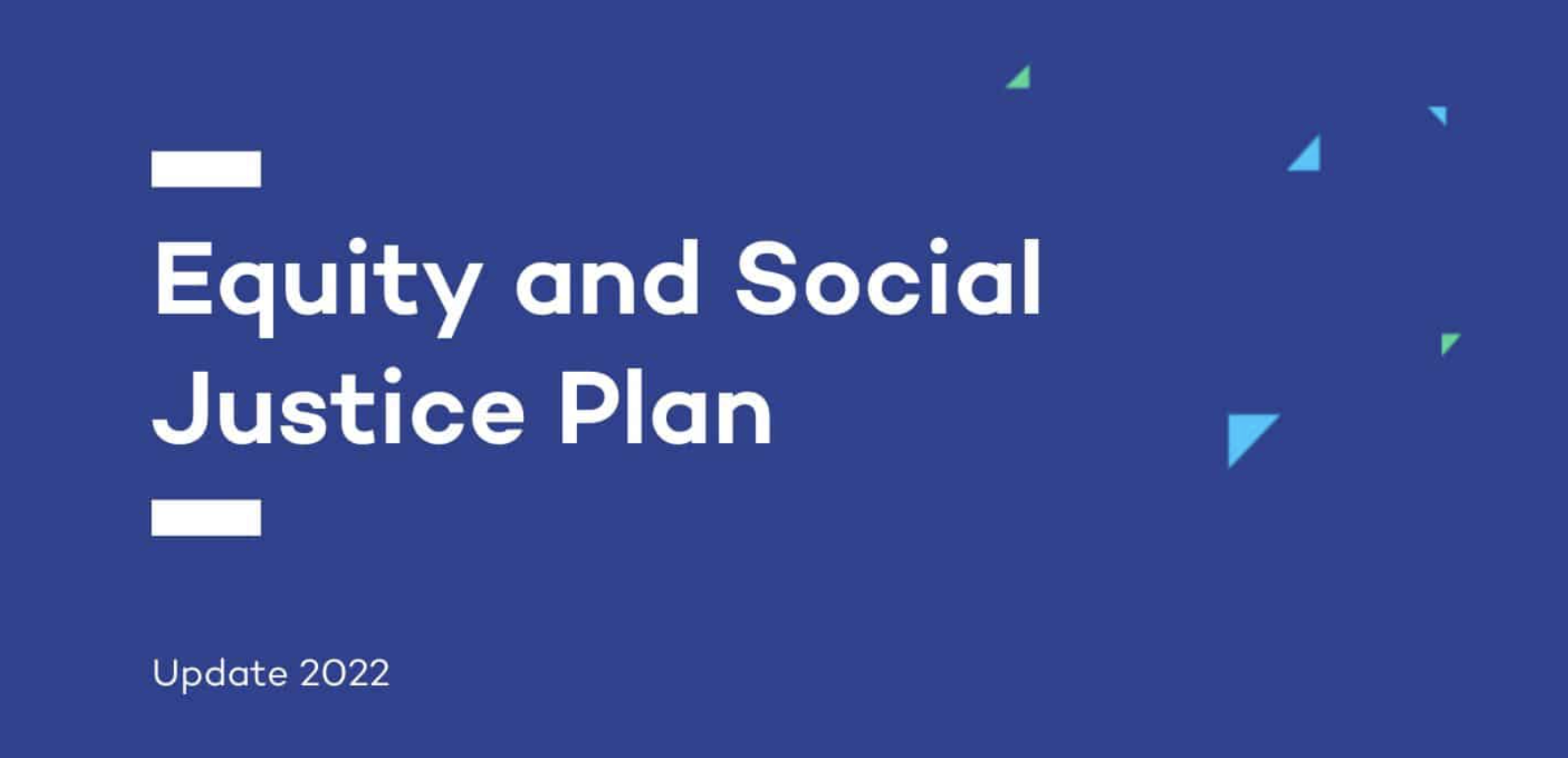
 Aphra Sklair – Trustee
Aphra Sklair – Trustee Ann Don Bosco – Trustee
Ann Don Bosco – Trustee Priya Lukka
Priya Lukka Abigail Gibson – Head of Funding Strategy
Abigail Gibson – Head of Funding Strategy Jake Furby – Communications Manager
Jake Furby – Communications Manager Guppi Bola – Advisor to the Foundation on Diversity, Equity and Inclusion
Guppi Bola – Advisor to the Foundation on Diversity, Equity and Inclusion